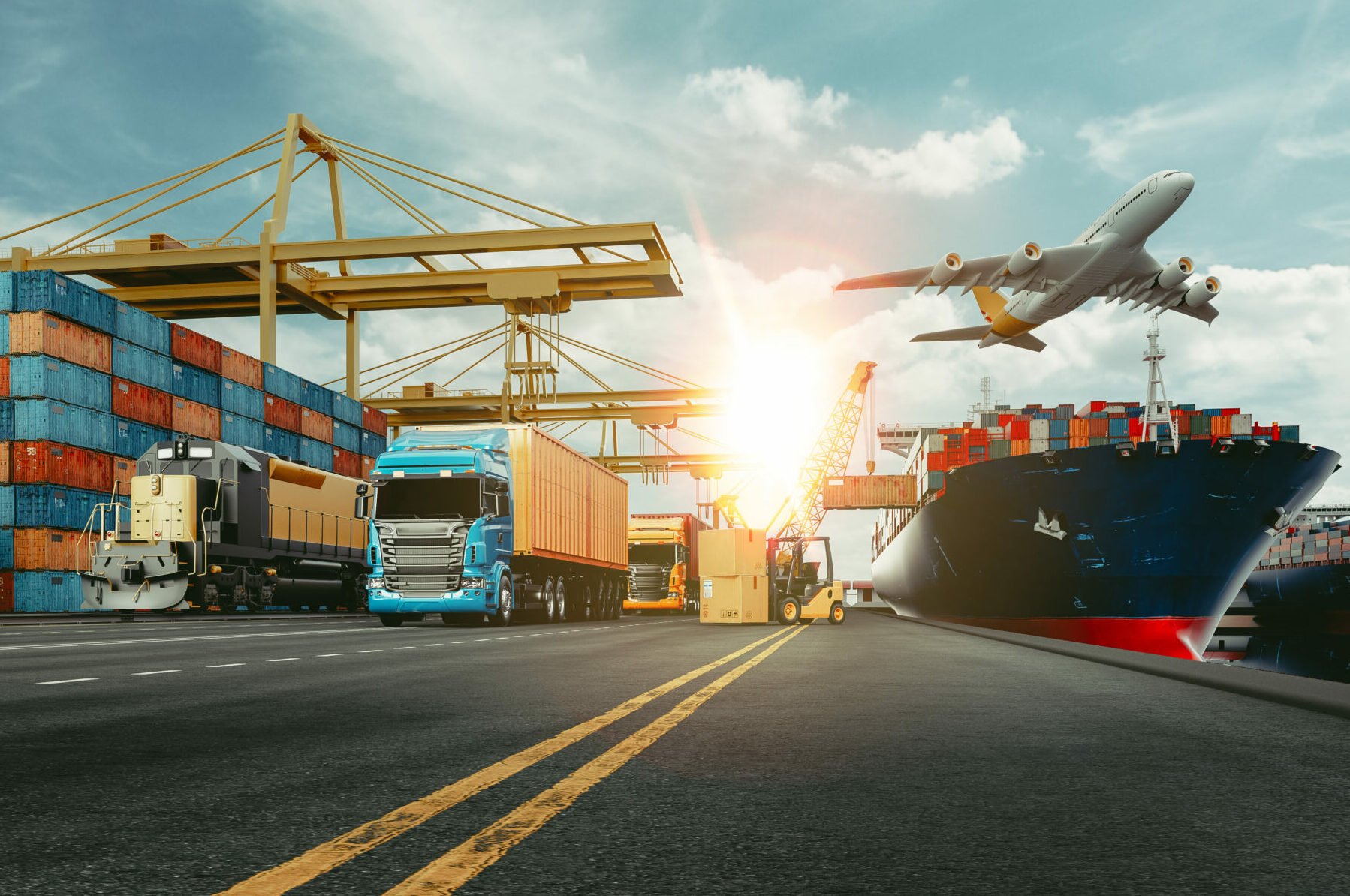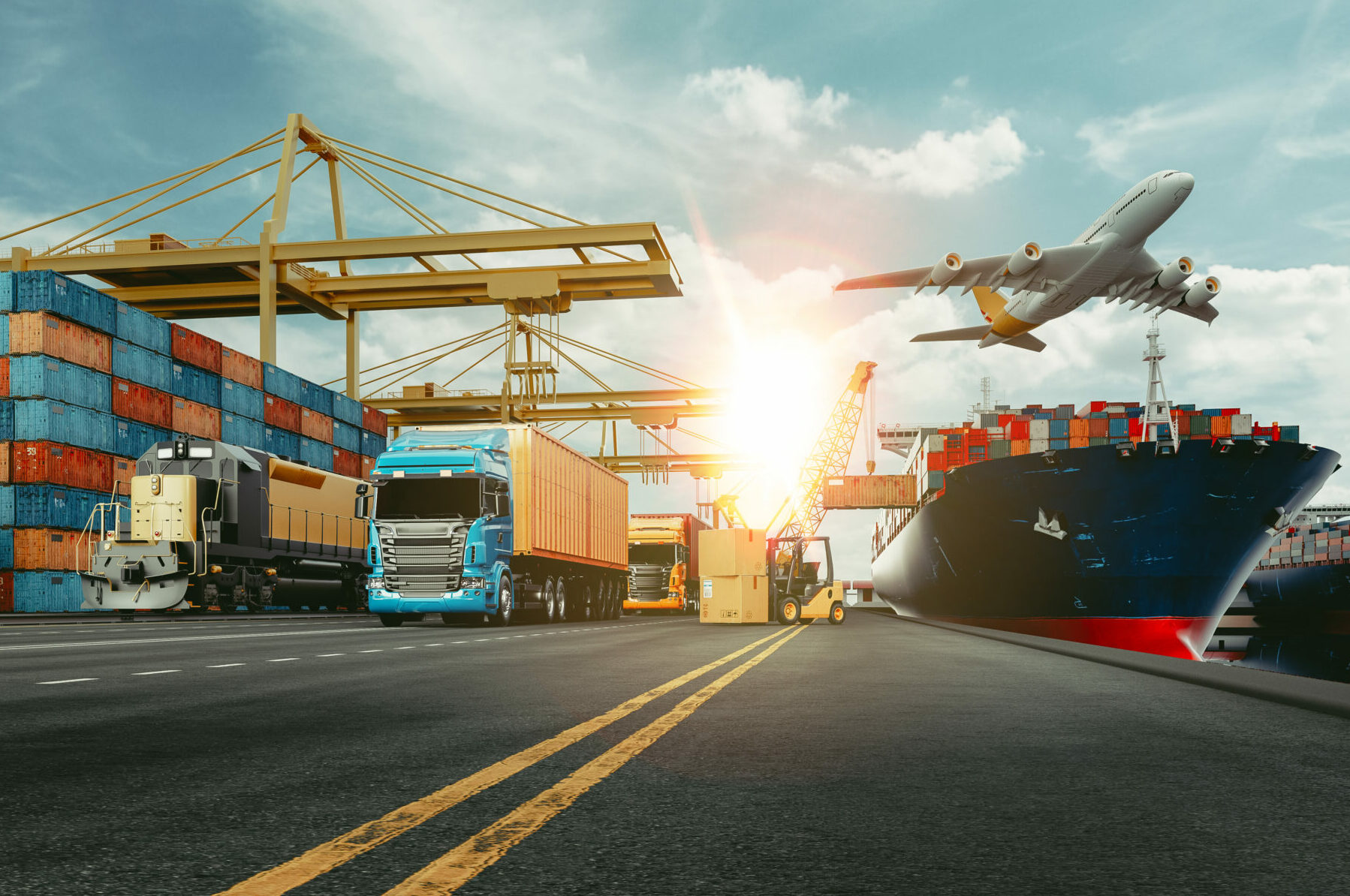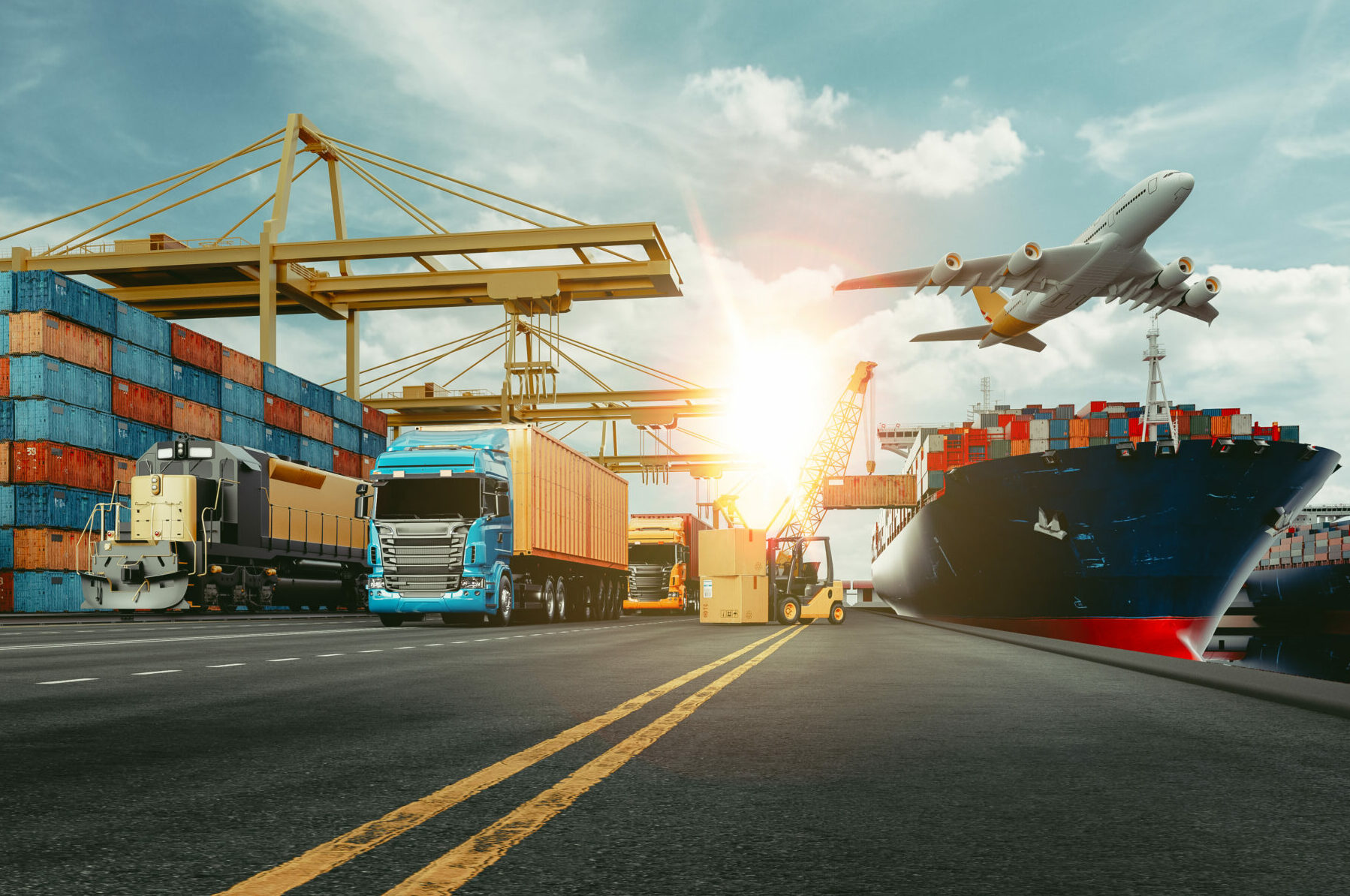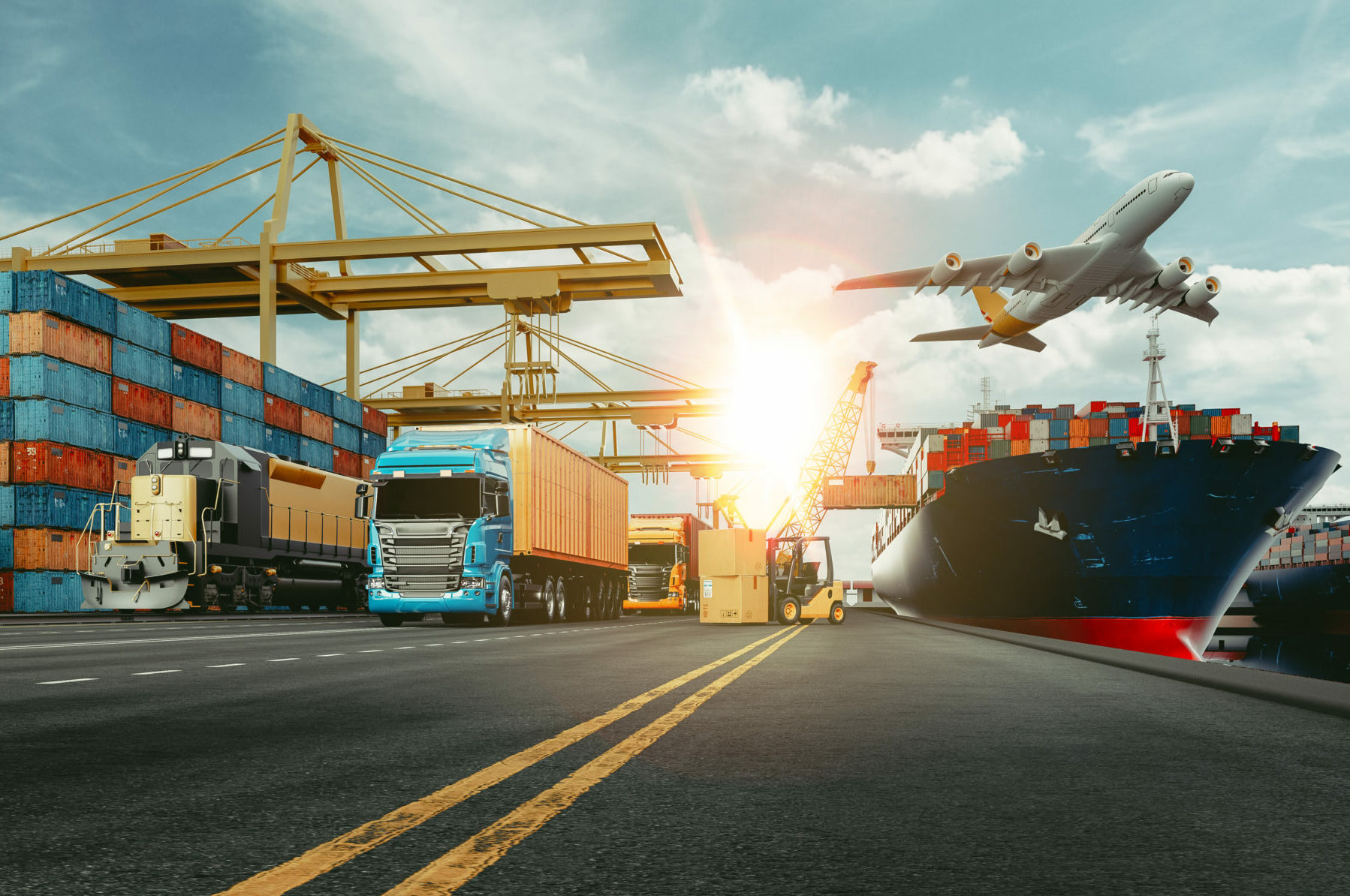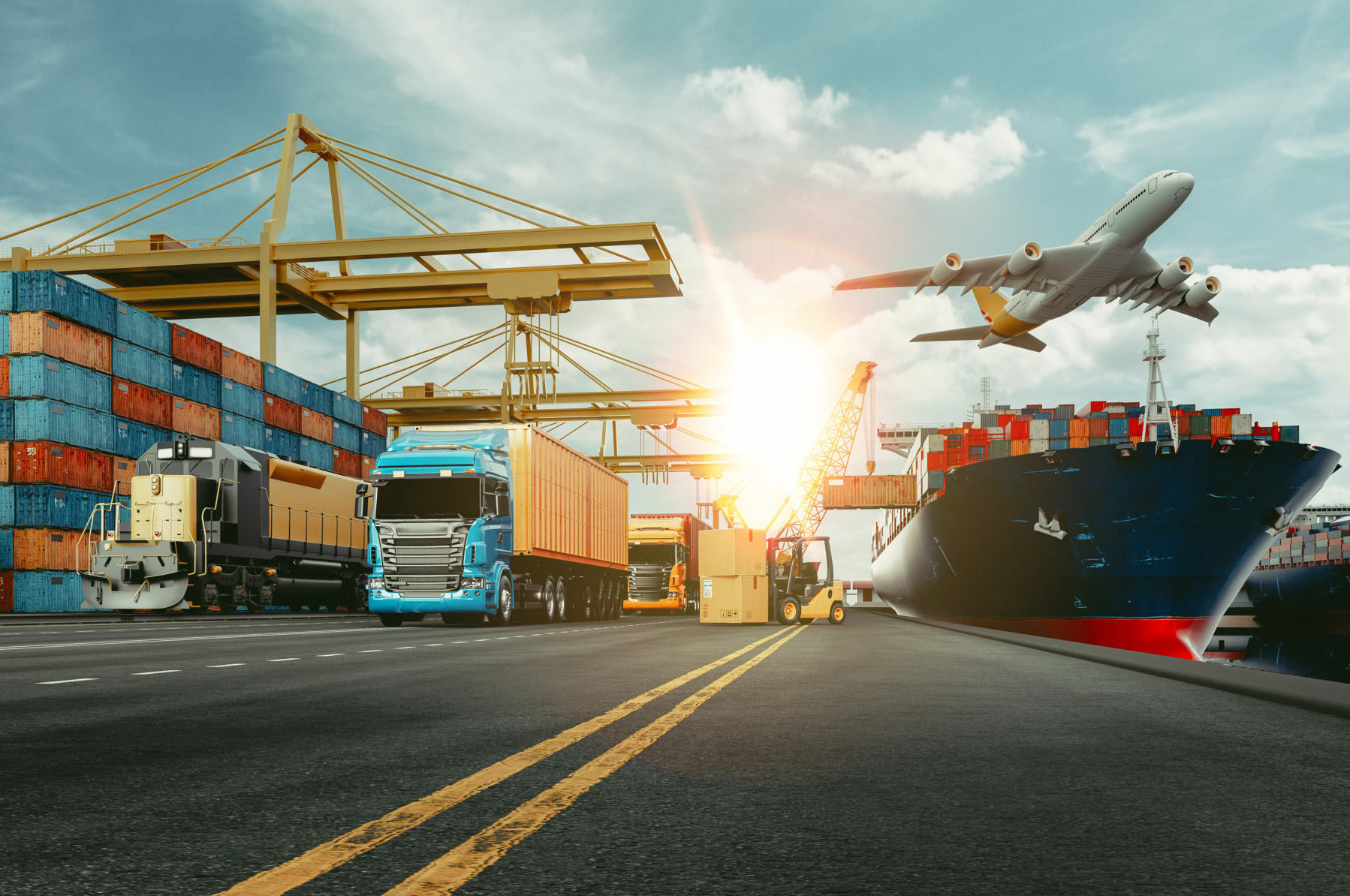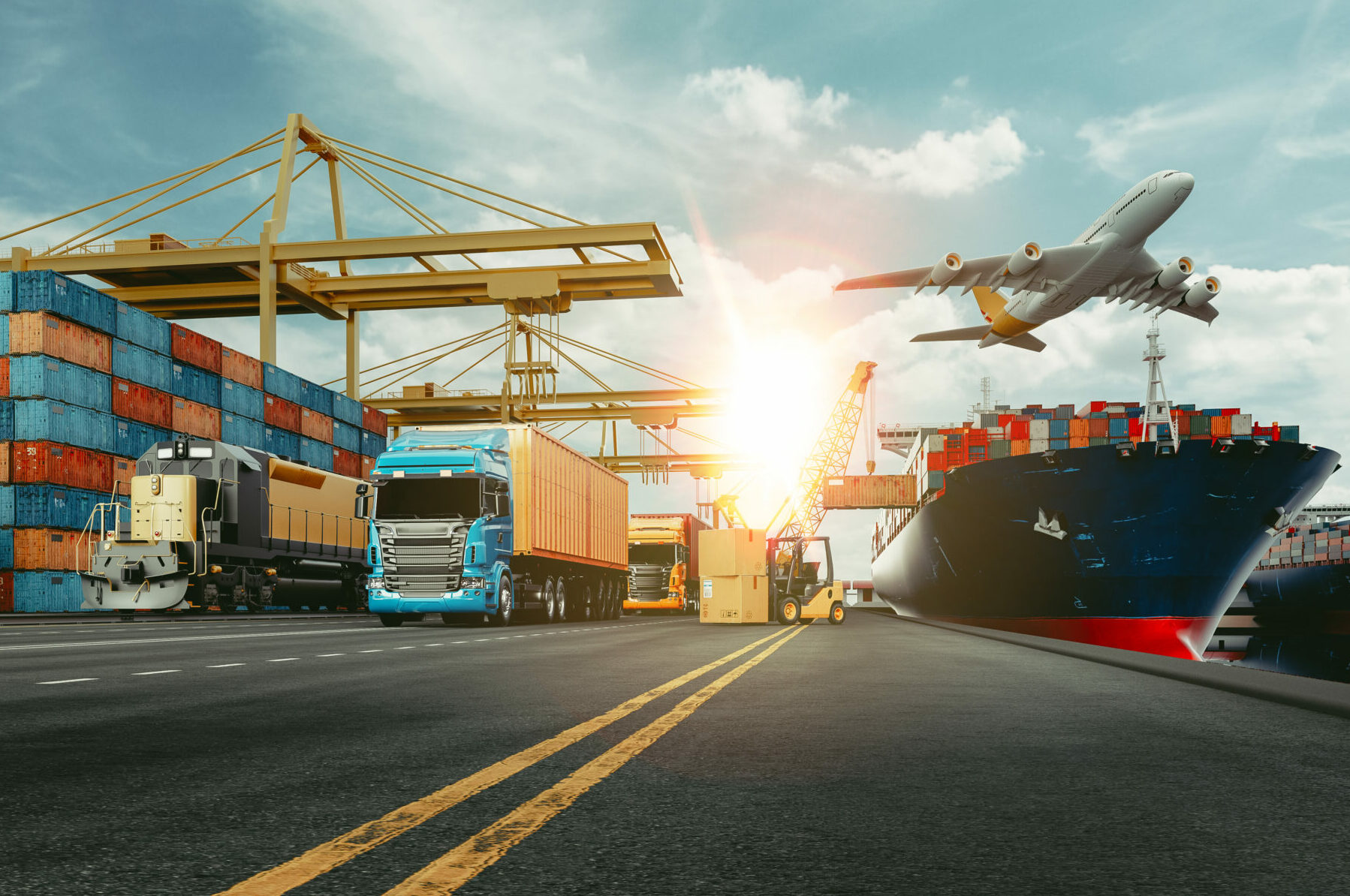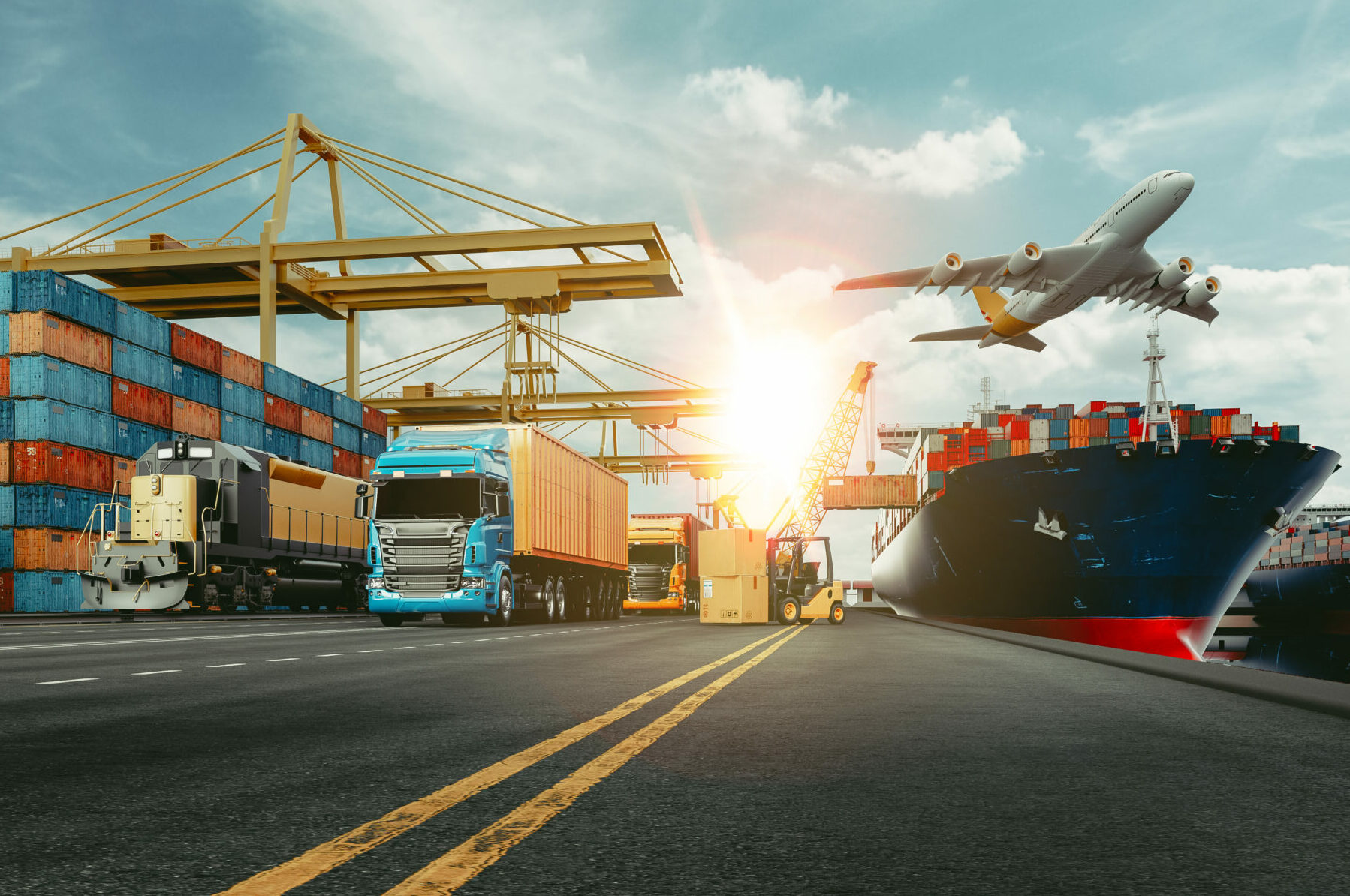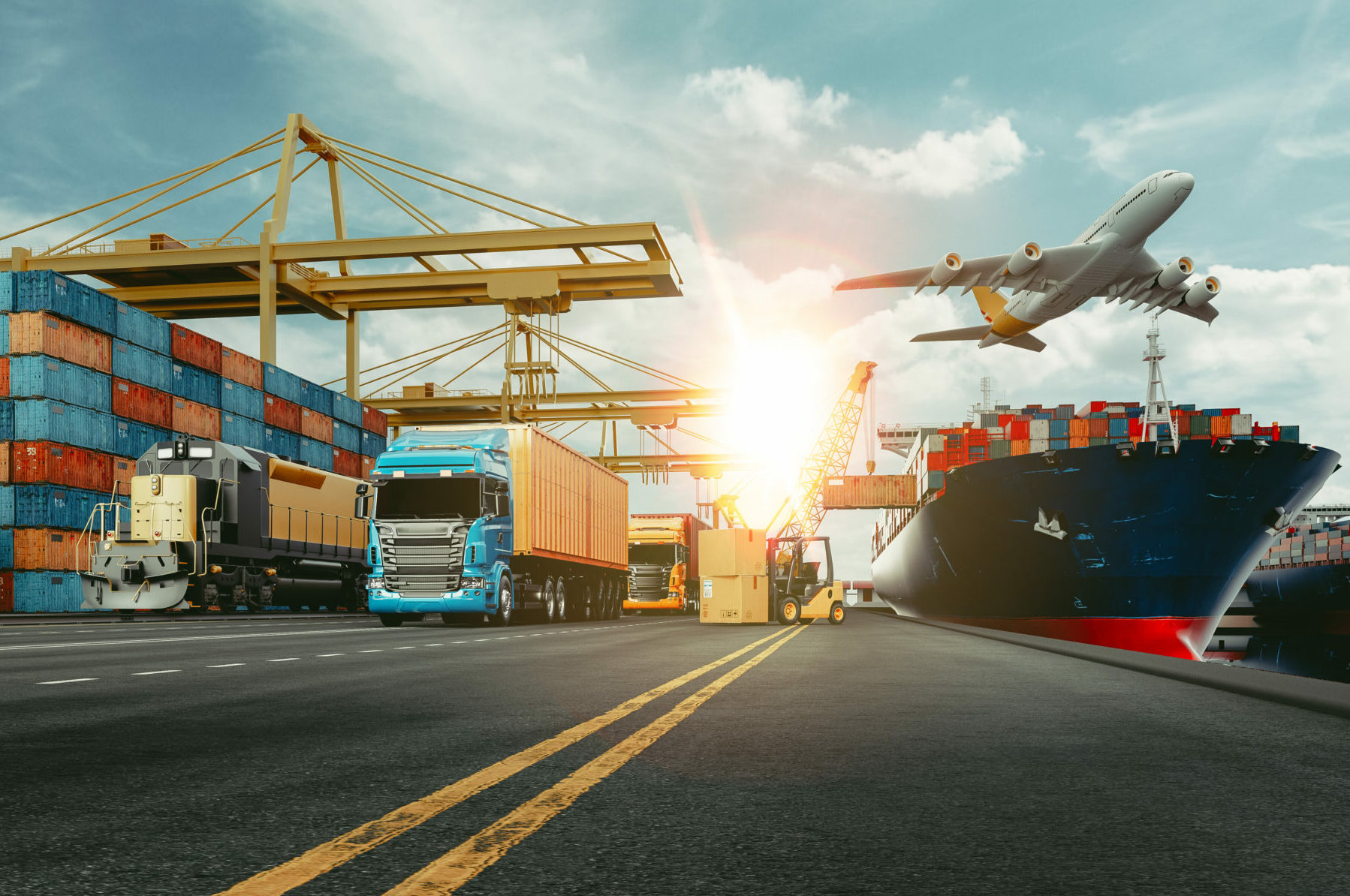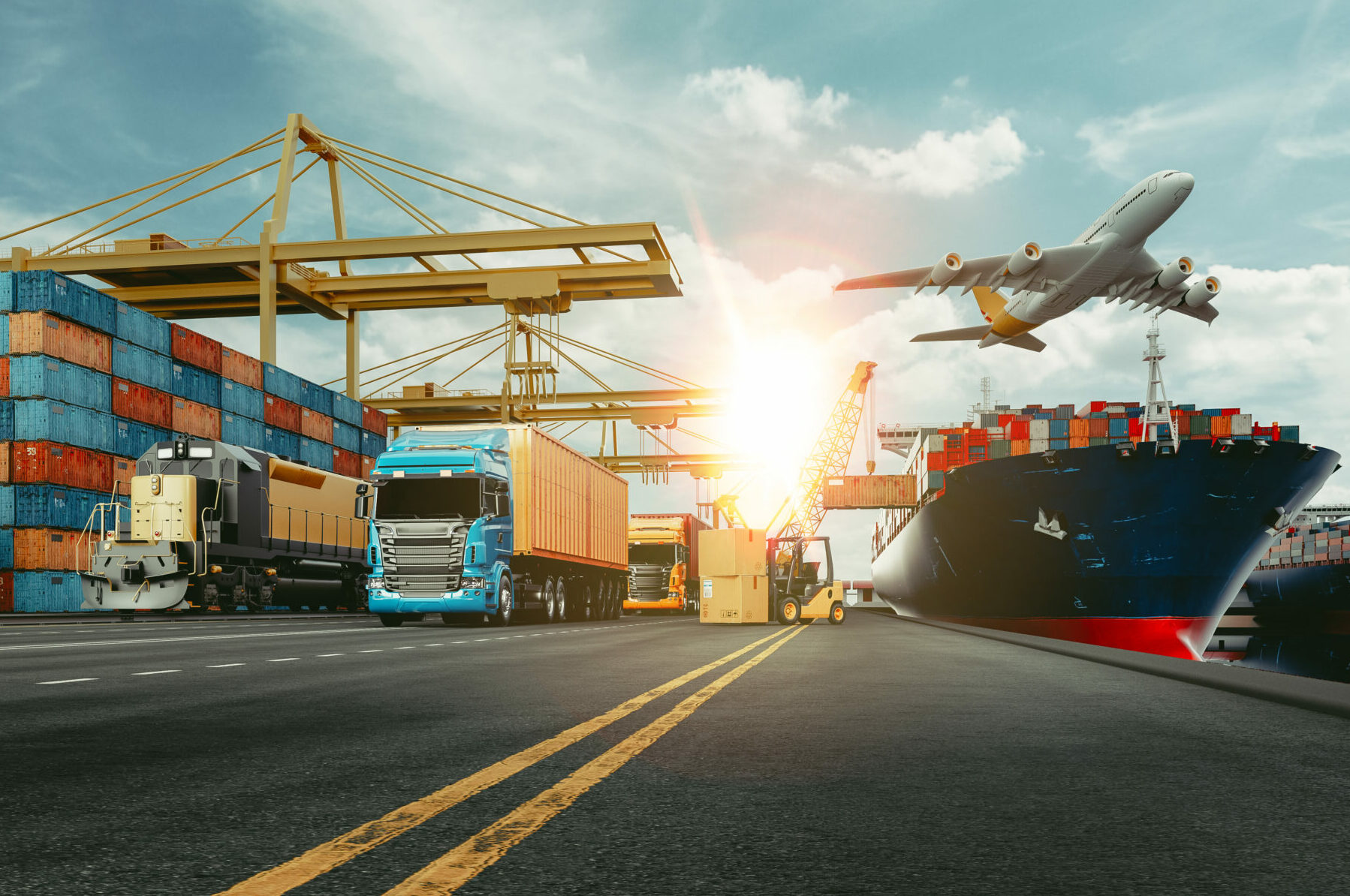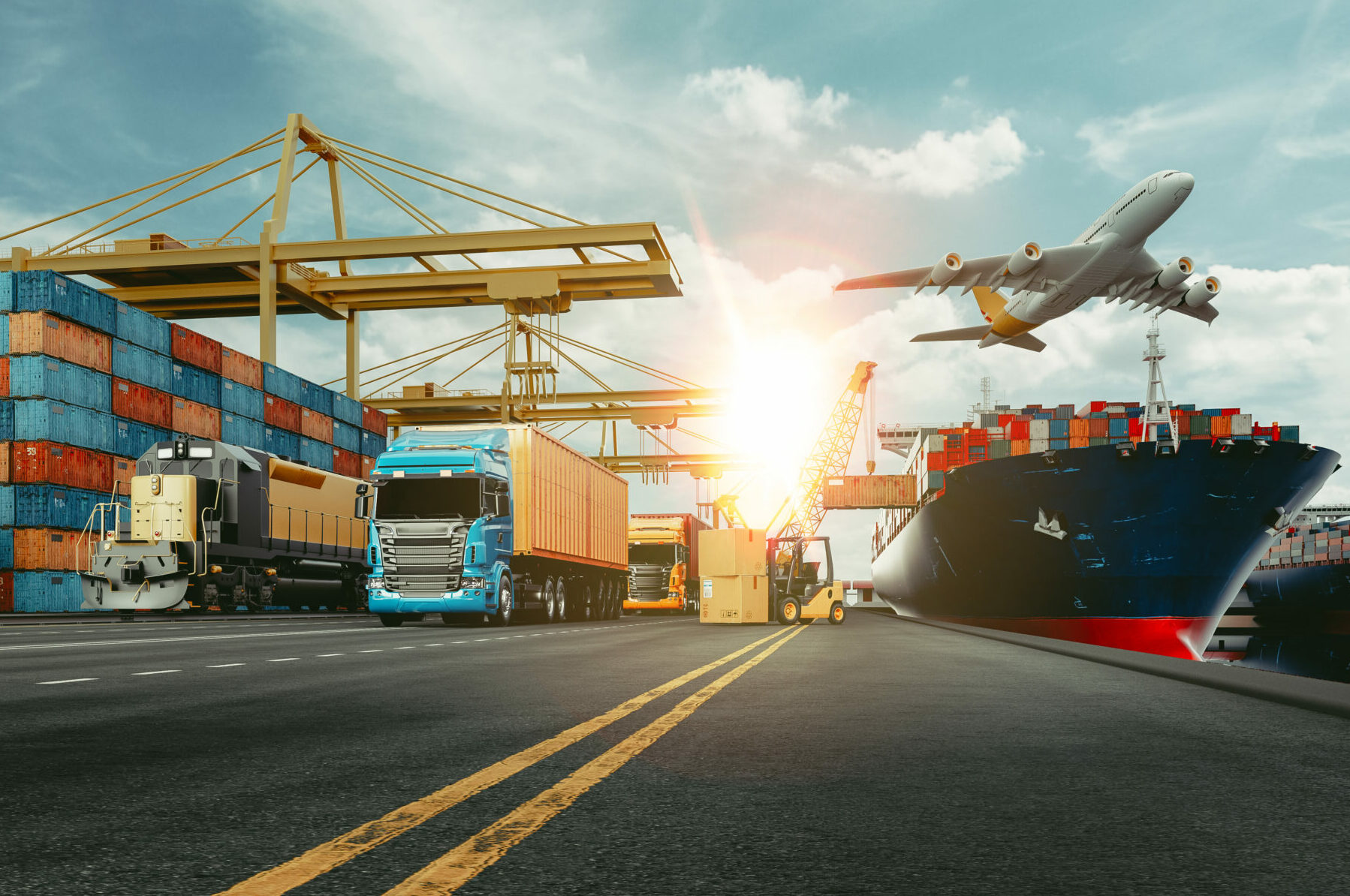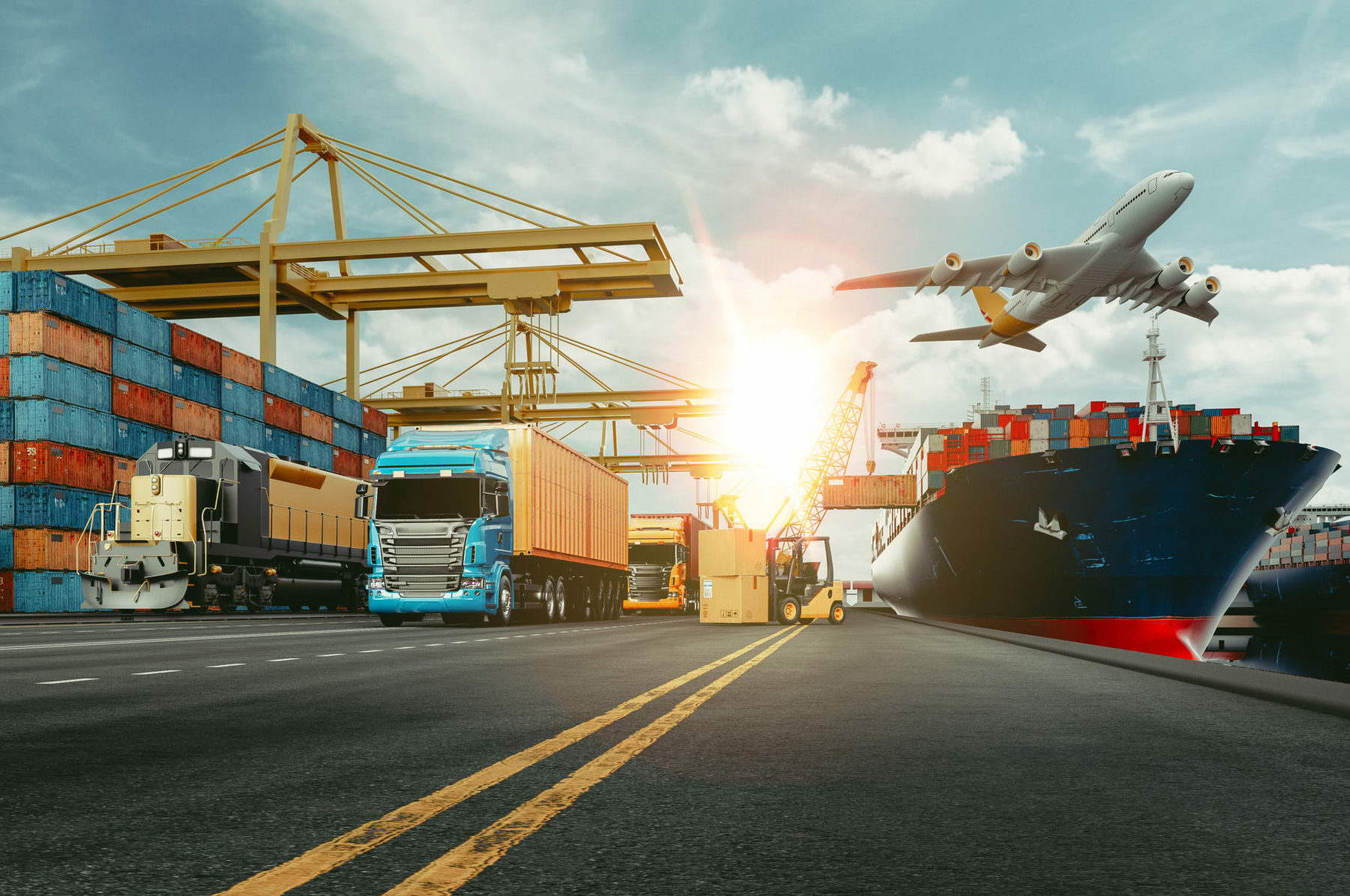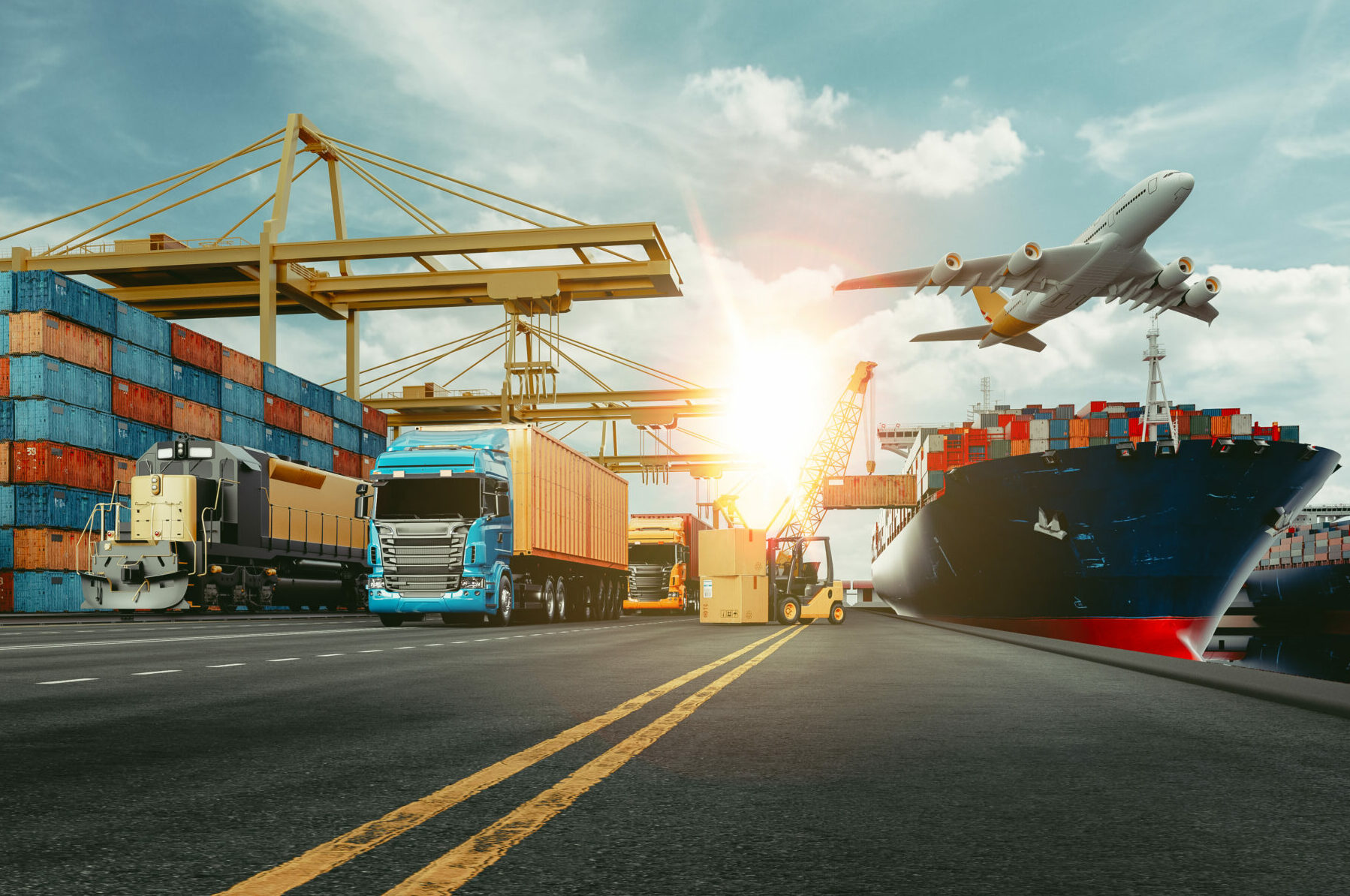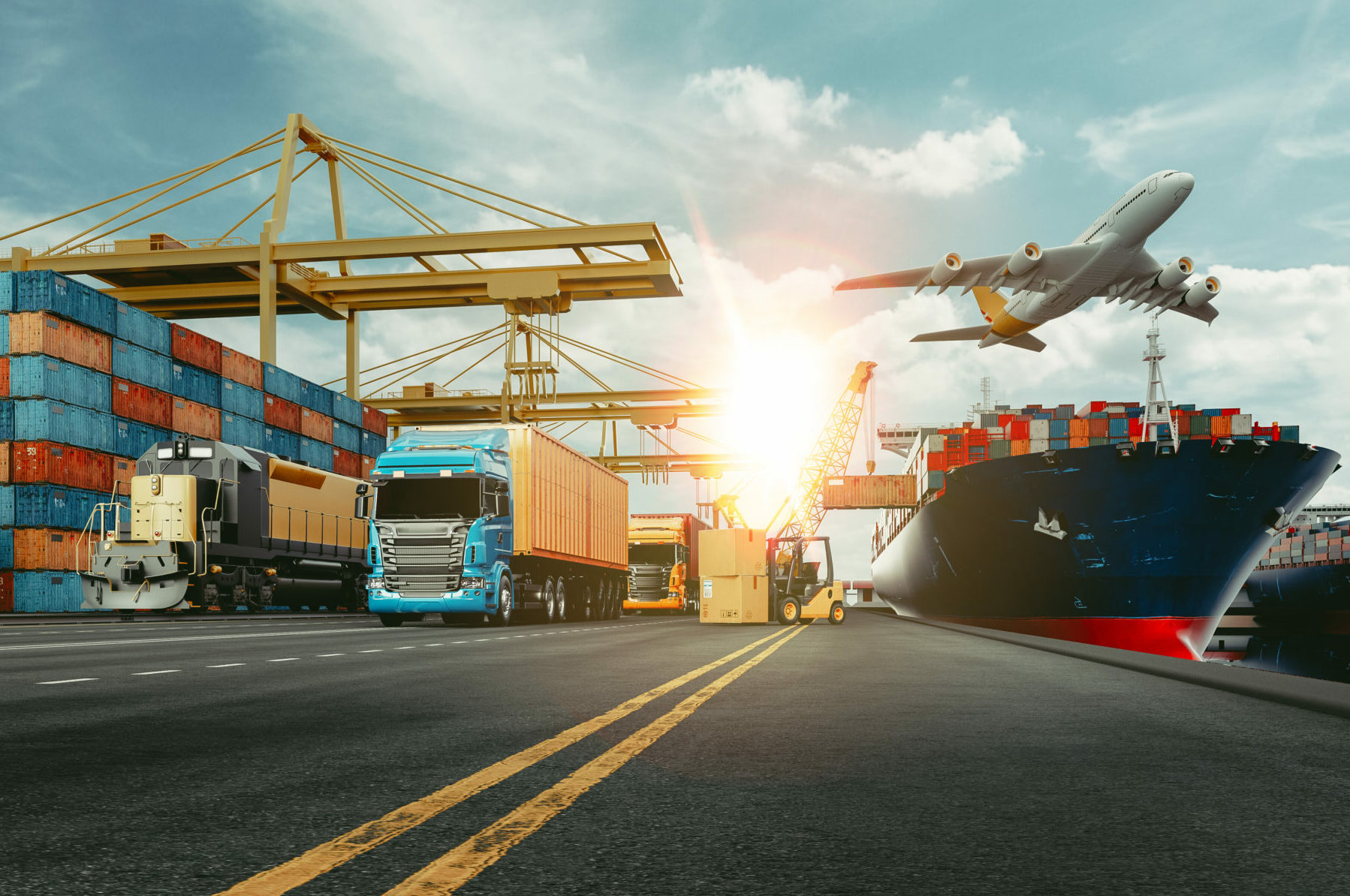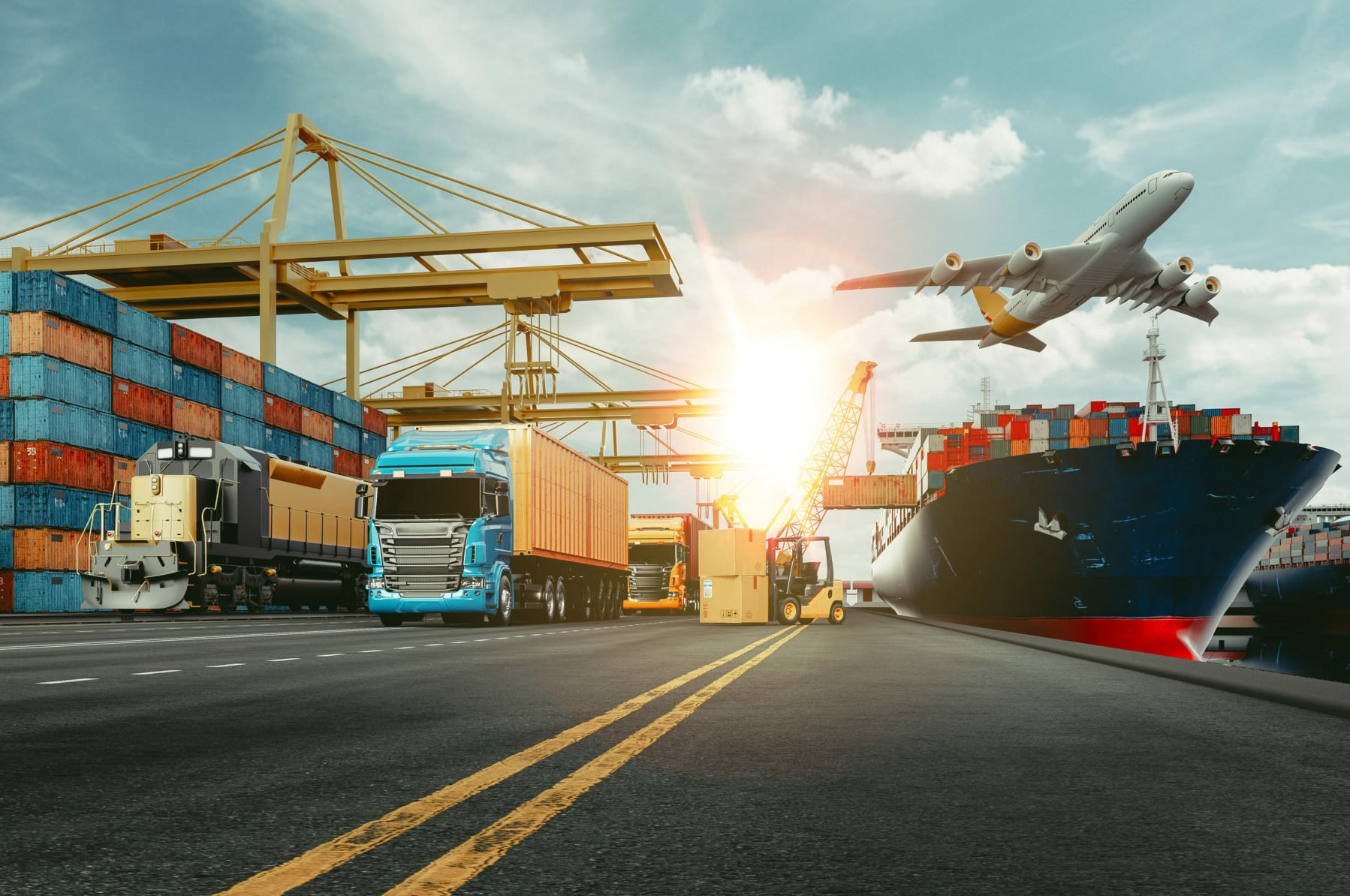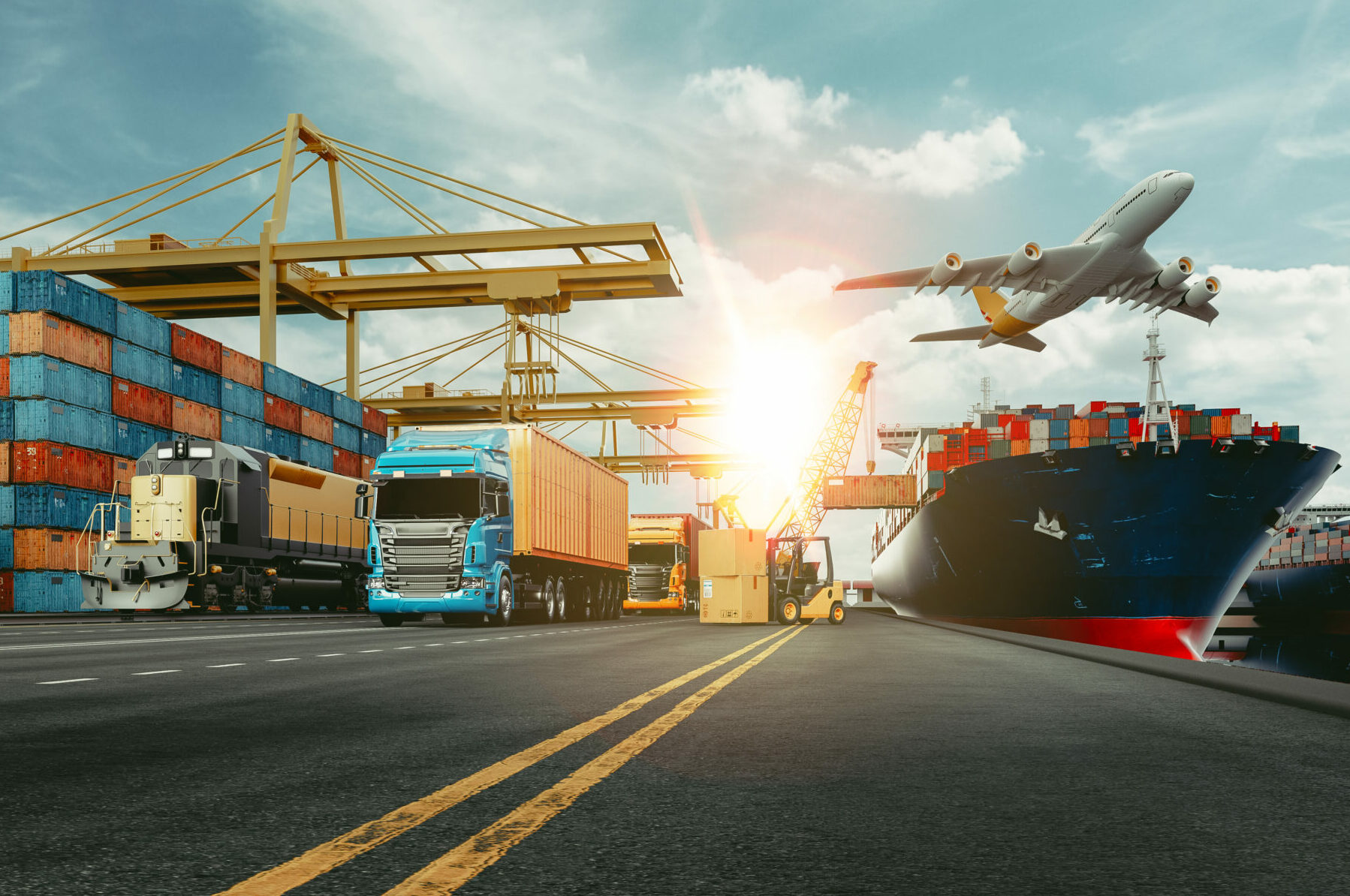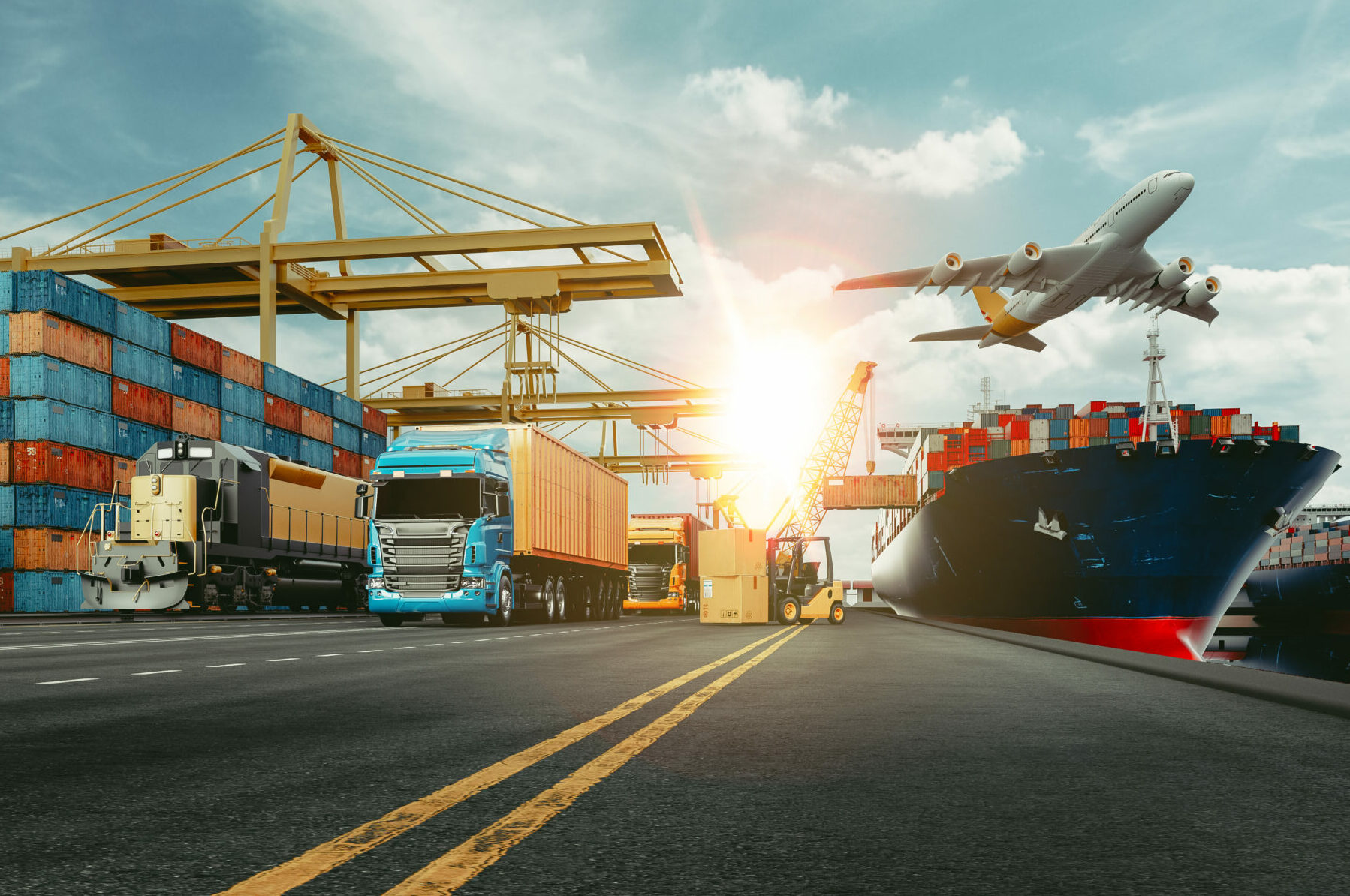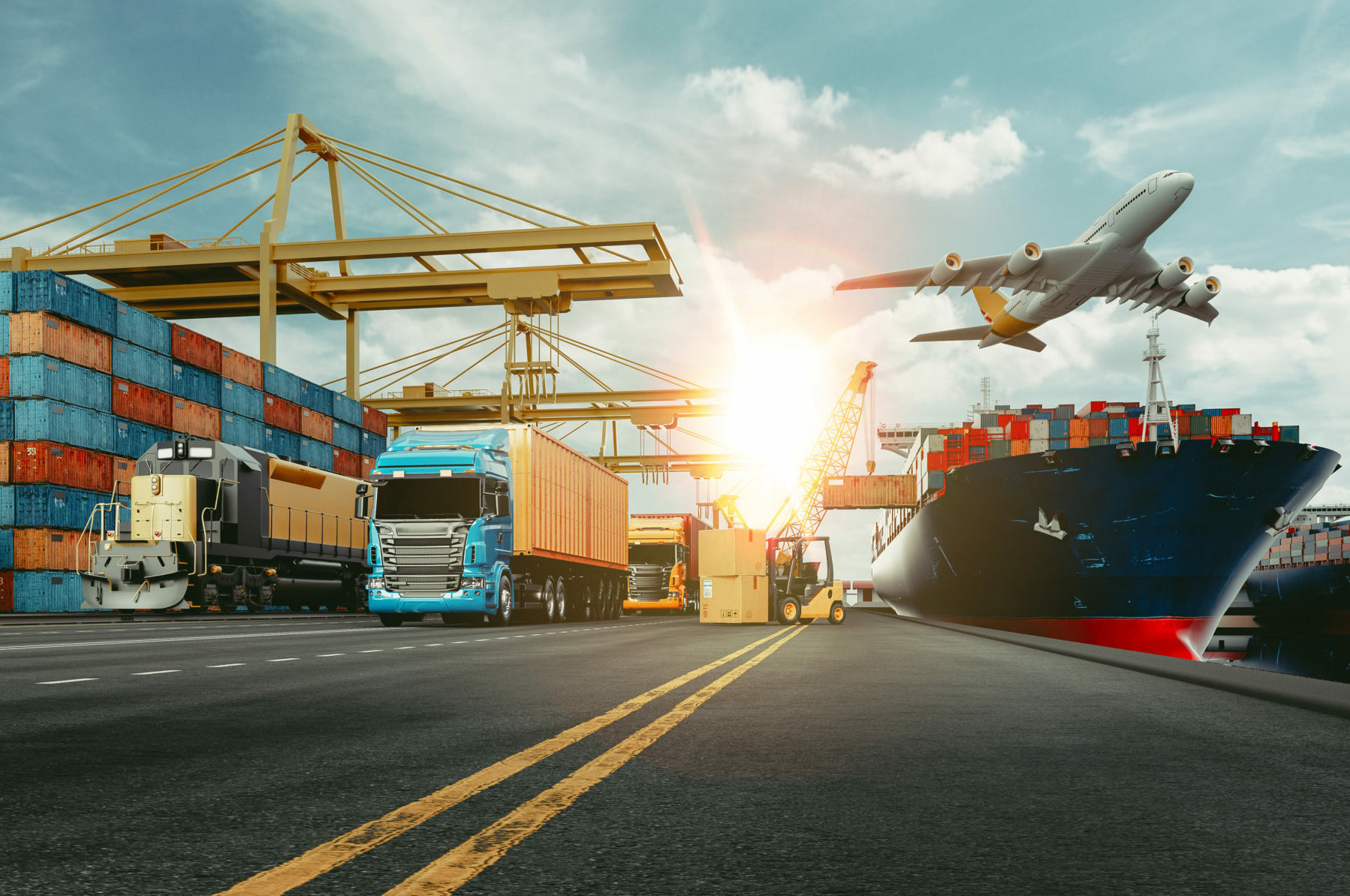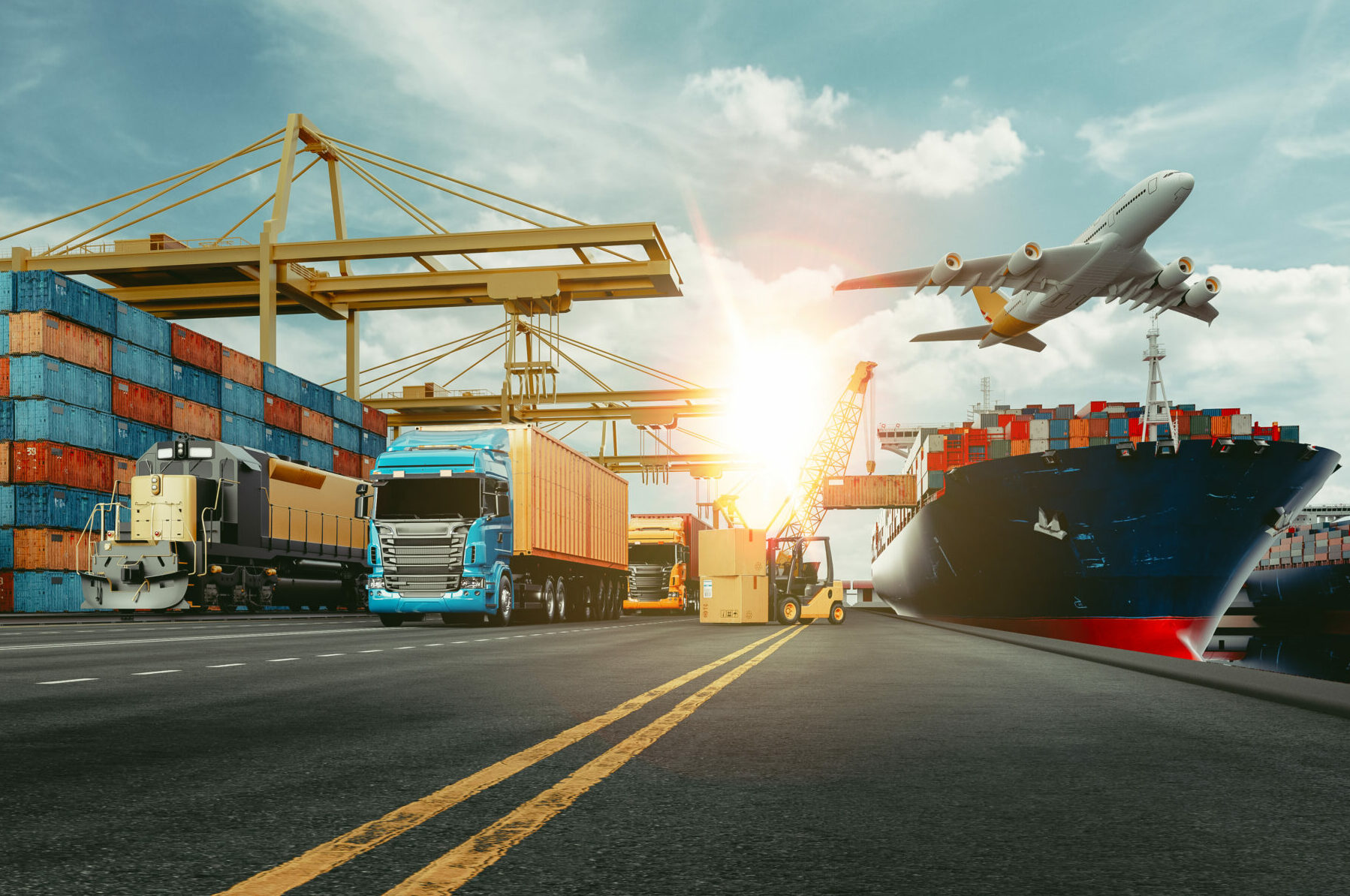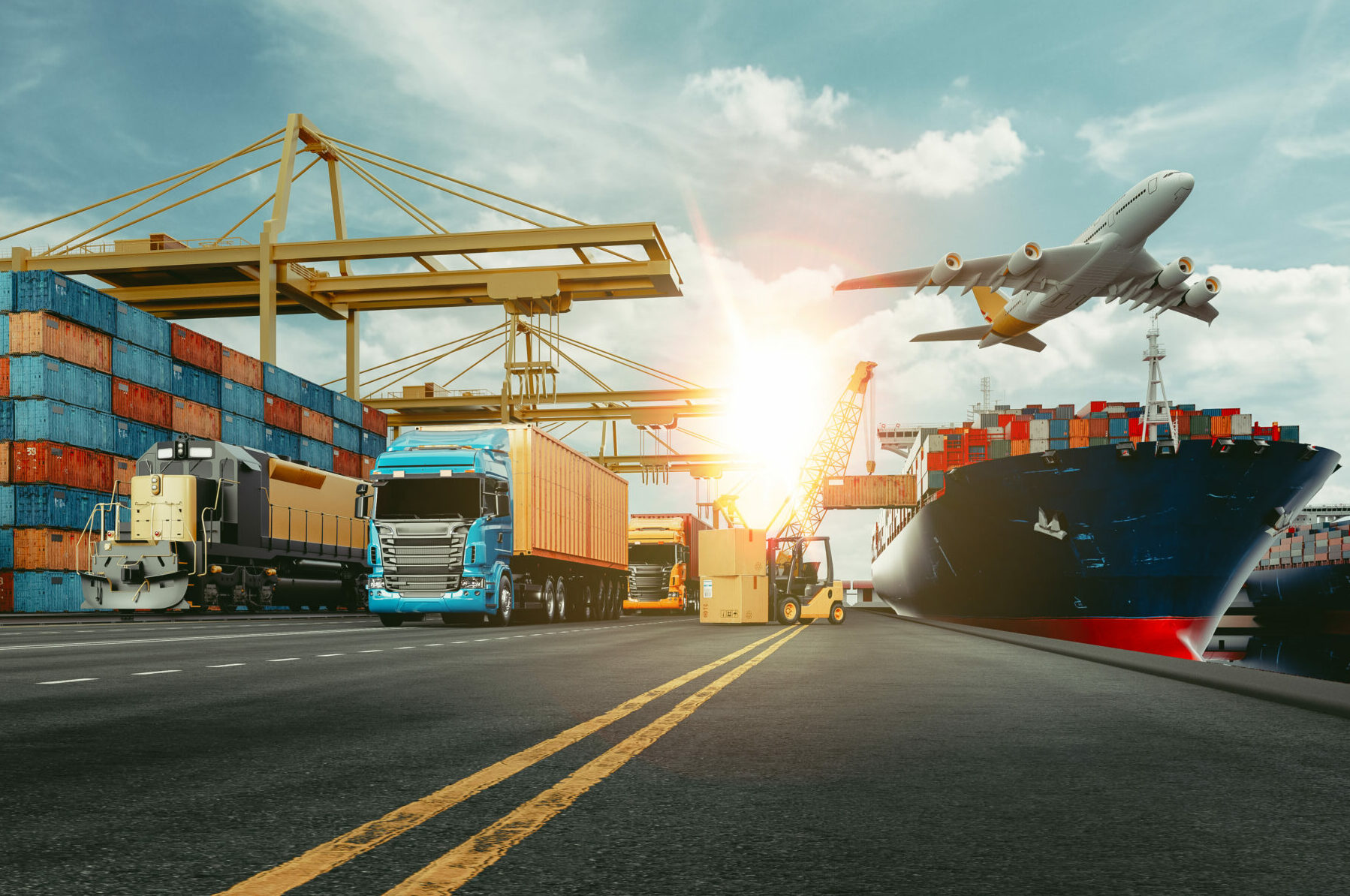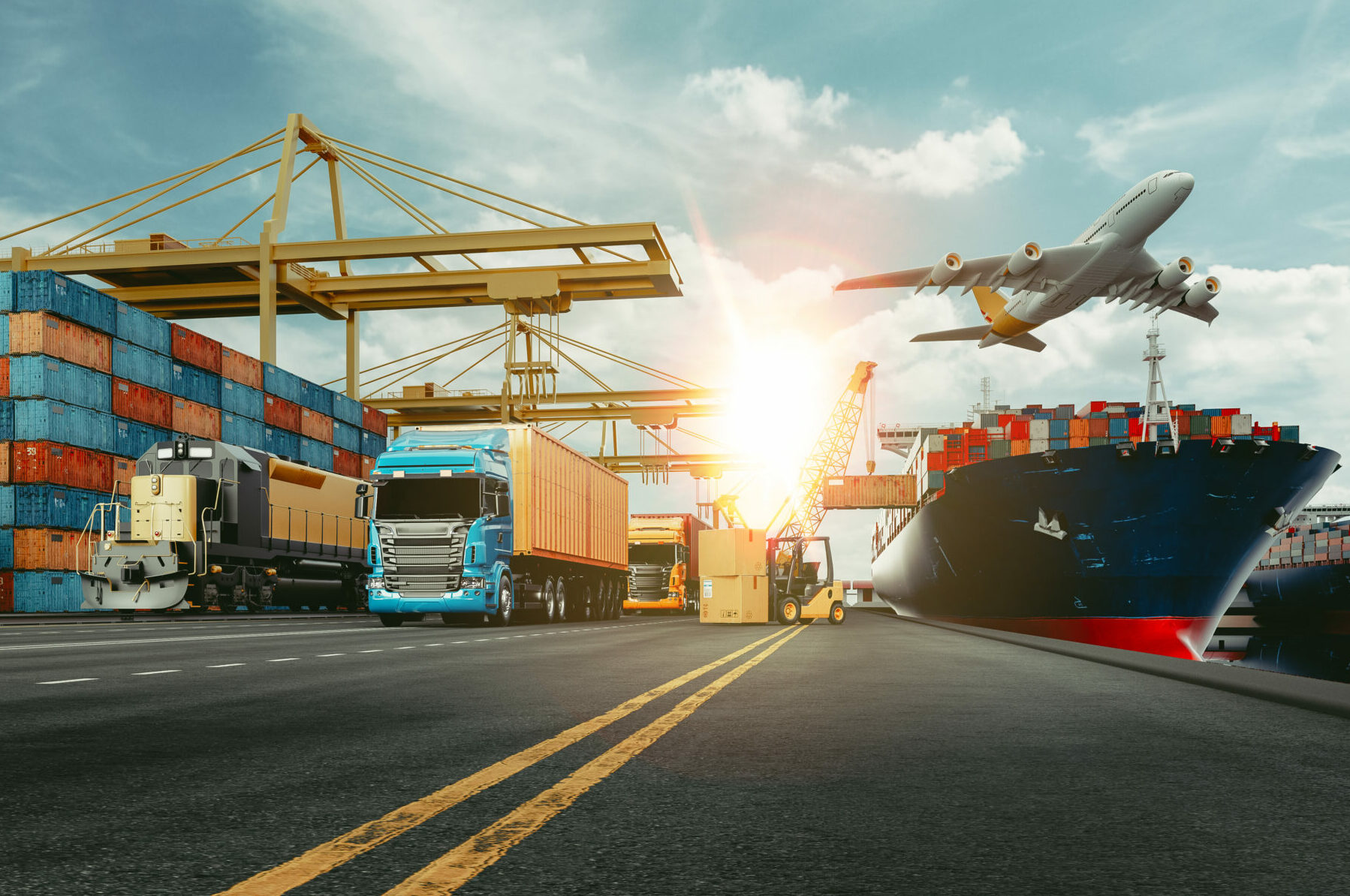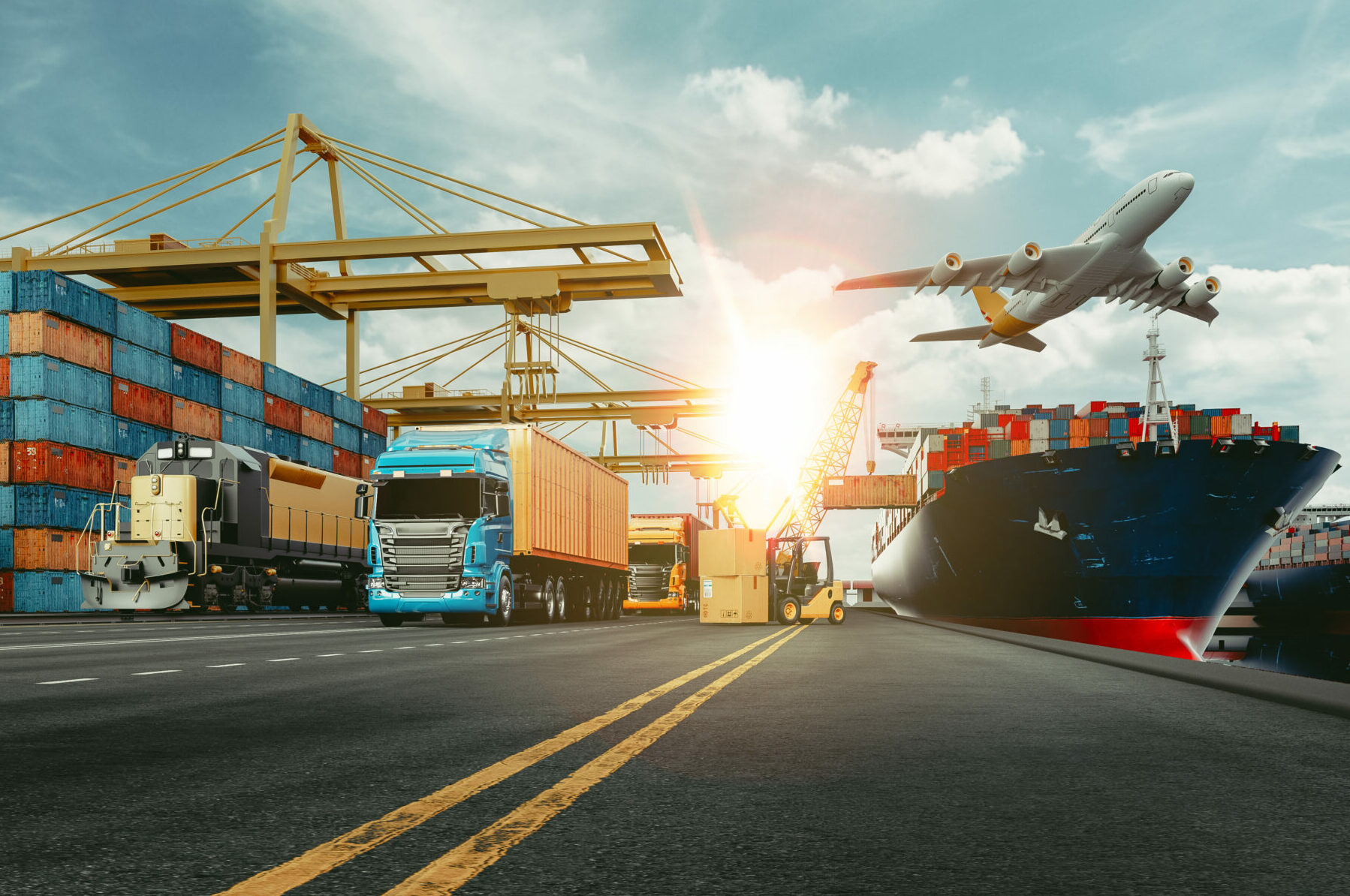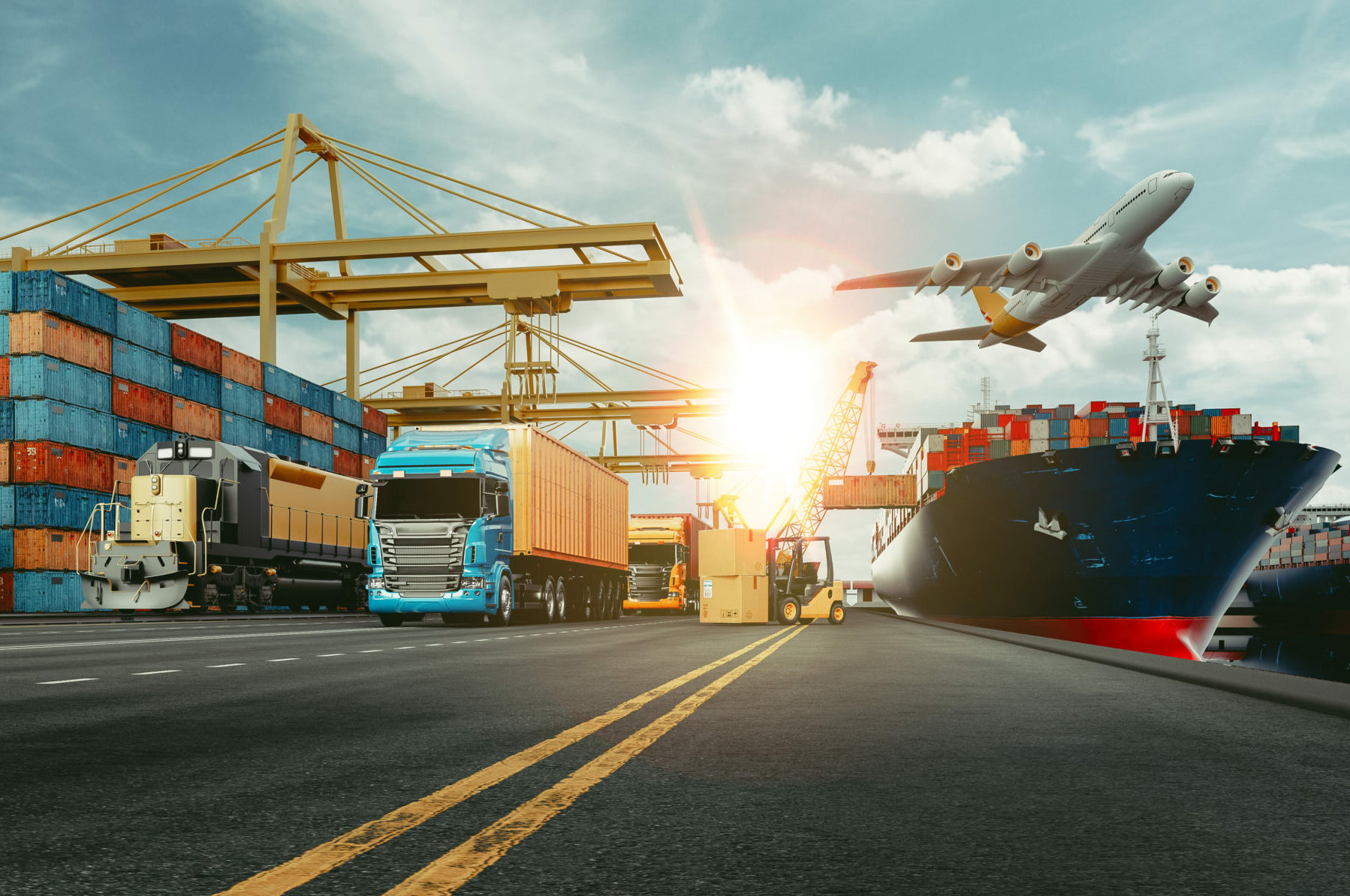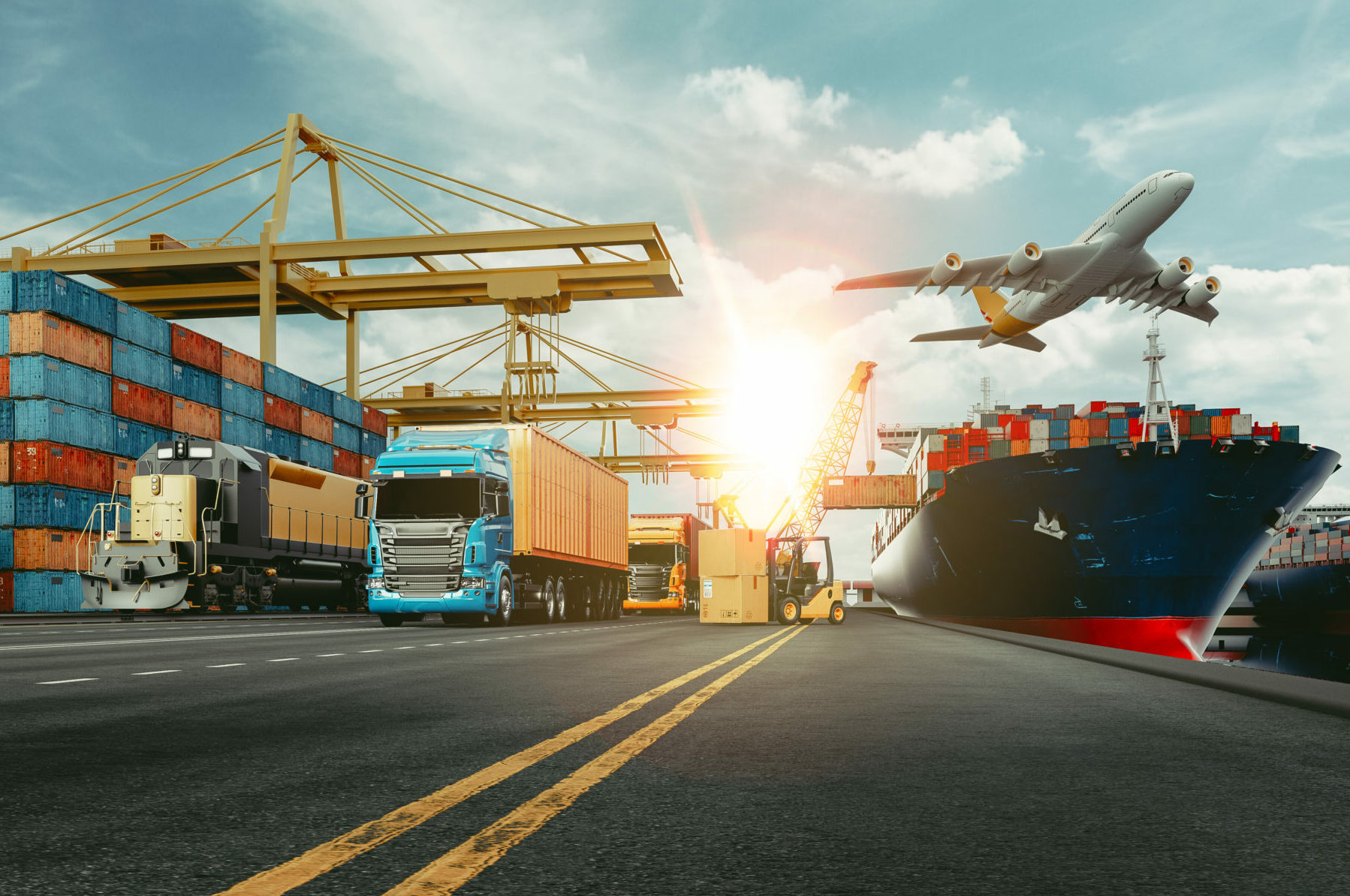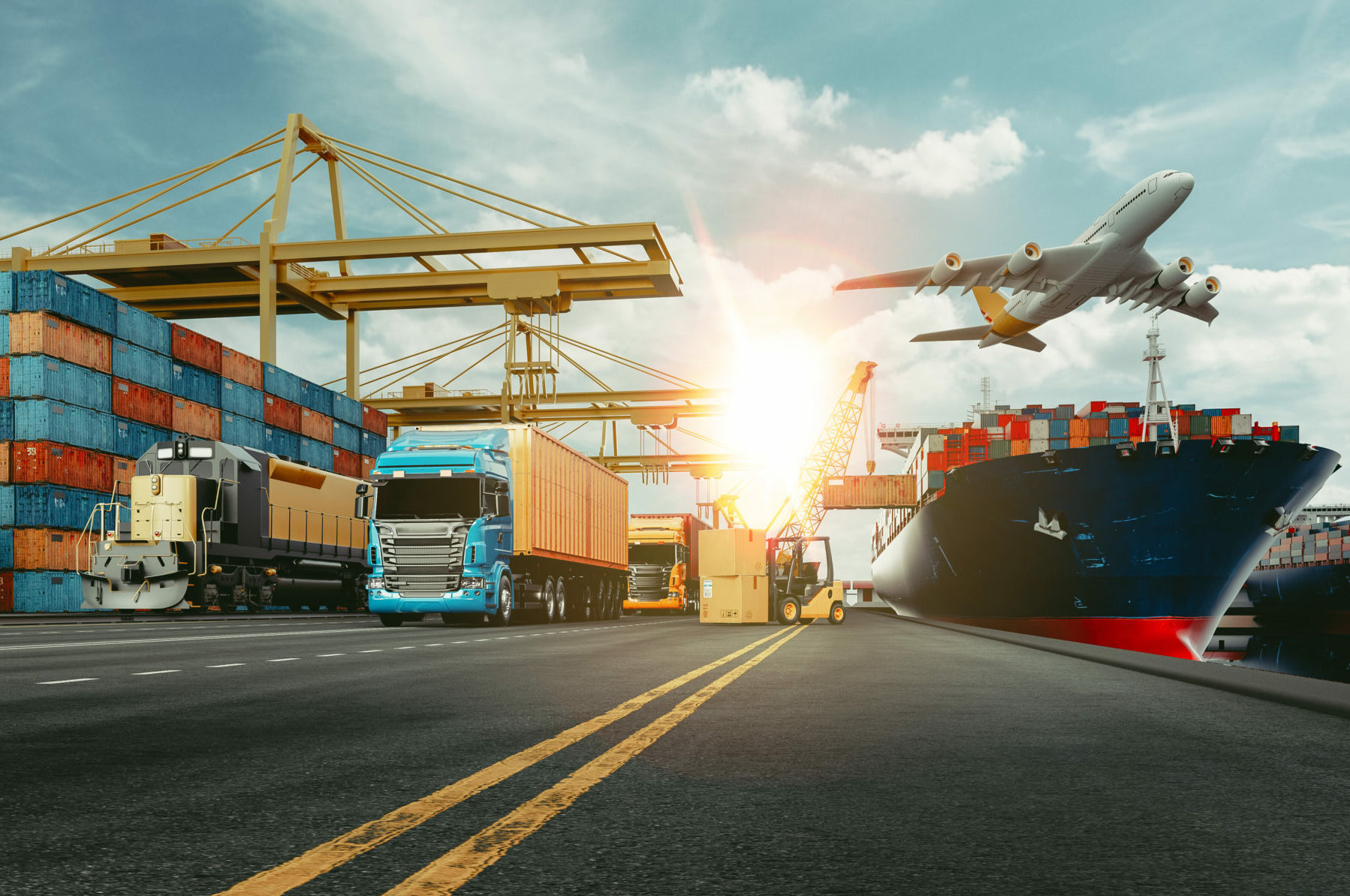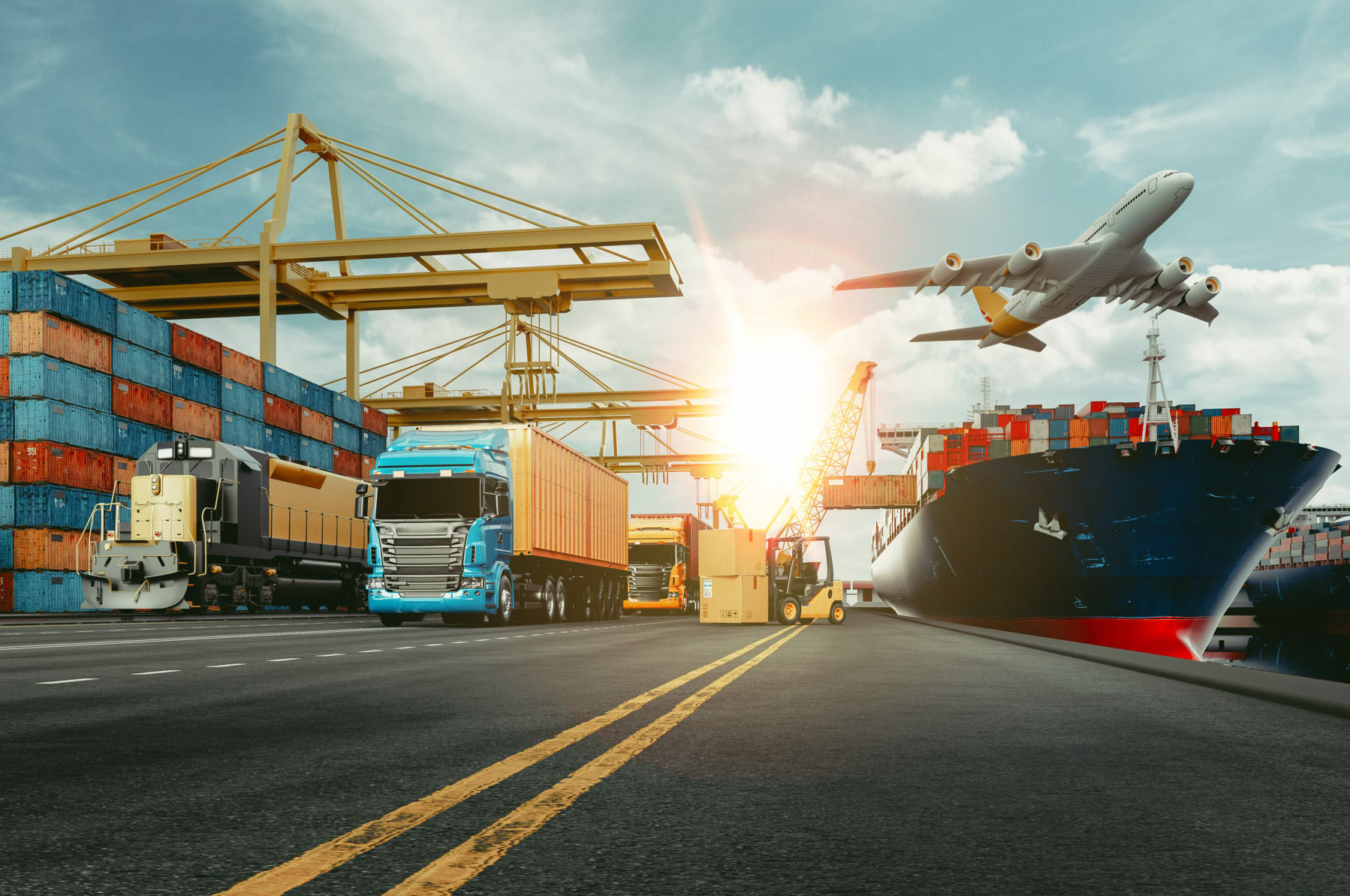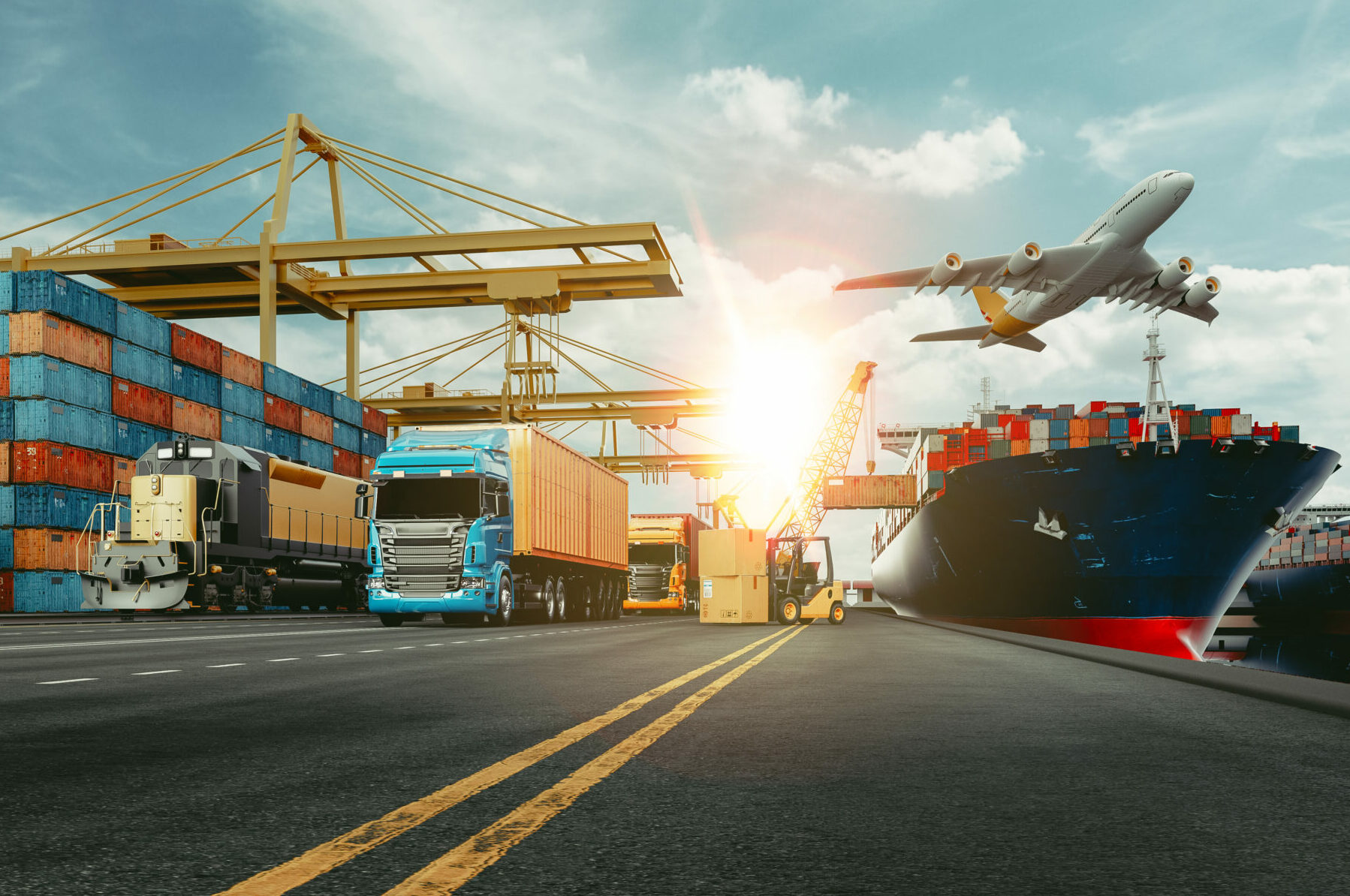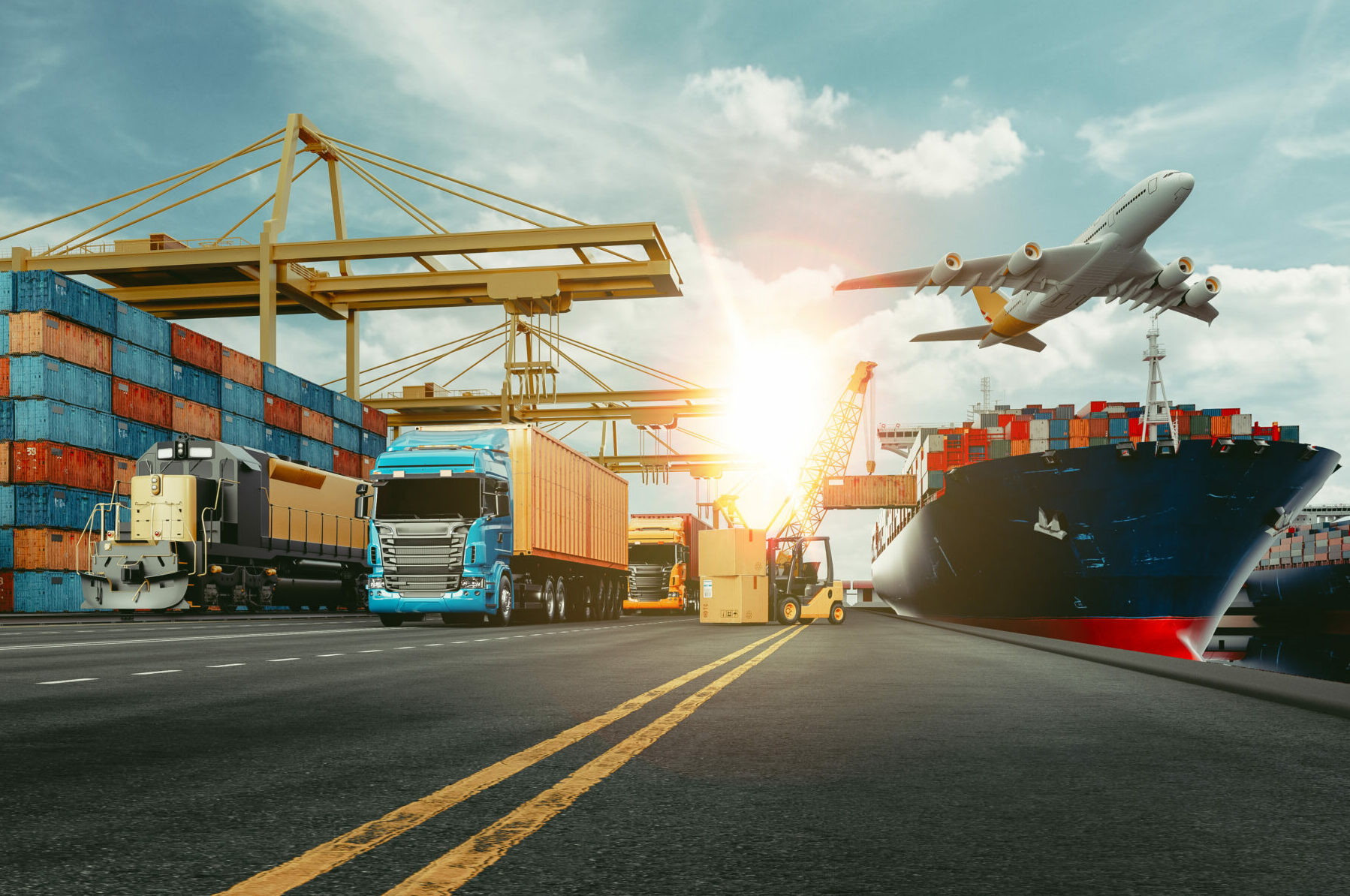The cargo forwarding industry handles billions of pounds worth of goods annually, with high-value cargo presenting unique risks and challenge…
Bulk Goods Transportation Freight Insurance: Complete Guide for UK Businesses
Bulk goods transportation represents one of the most critical components of global supply chains, moving everything from agricultural commodities and minerals to chemicals and construction materials. Whether transported by road, rail, sea, or air, bulk cargo faces unique risks that can result in significant financial losses. Bulk goods transportation freight insurance provides essential protection for businesses involved in moving large quantities of unpackaged commodities, safeguarding against damage, loss, contamination, and liability claims that can arise during transit.
For UK businesses engaged in bulk transportation, understanding the complexities of freight insurance is not just about compliance but about protecting profit margins, maintaining customer relationships, and ensuring business continuity. This comprehensive guide explores the essential aspects of bulk goods transportation freight insurance, helping you navigate coverage options, understand risk factors, and implement best practices that protect your business and cargo.
Understanding Bulk Goods Transportation and Associated Risks
Bulk goods transportation involves moving large quantities of commodities that are loaded directly into transport vessels without individual packaging. This category includes dry bulk goods such as grains, coal, minerals, cement, and aggregates, as well as liquid bulk cargo including petroleum products, chemicals, edible oils, and liquefied gases.
The nature of bulk transportation creates distinct risk profiles that differ significantly from containerized or packaged freight. Bulk cargo is particularly vulnerable to contamination, spillage, moisture damage, temperature fluctuations, and segregation issues. The loading and unloading processes present additional hazards, with equipment failures, human error, and environmental factors all contributing to potential losses.
Transportation methods further influence risk exposure. Road haulage of bulk goods faces challenges including vehicle accidents, rollovers, load shifts, and regulatory compliance issues. Rail transport introduces risks related to derailments, coupling failures, and extended transit times. Maritime bulk shipping encounters weather-related perils, vessel casualties, and port handling complications. Understanding these risk factors is fundamental to securing appropriate insurance coverage.
Types of Bulk Goods Freight Insurance Coverage
Cargo Insurance
Cargo insurance forms the foundation of bulk goods transportation protection, covering physical loss or damage to the commodities during transit. Policies typically operate on either an "all risks" basis, providing comprehensive coverage with specific exclusions, or on a "named perils" basis, covering only explicitly listed risks such as fire, collision, overturning, and theft.
For bulk goods, cargo insurance addresses contamination risks, which represent a particularly significant concern. Cross-contamination between different cargo types, exposure to foreign substances, or moisture ingress can render entire shipments unusable. Quality coverage includes provisions for partial losses, where only a portion of the bulk cargo is damaged, as well as total losses where the entire shipment is compromised.
Freight Liability Insurance
Freight liability insurance protects carriers and hauliers against their legal liability for cargo they transport on behalf of others. This coverage is essential for businesses operating as common carriers, contract carriers, or freight forwarders handling bulk commodities. Standard liability limits often prove insufficient for high-value bulk shipments, making enhanced coverage necessary.
Liability policies address claims arising from failure to deliver cargo, delivery of damaged goods, or losses occurring while cargo is in the carrier's custody. For bulk goods operators, this insurance provides crucial protection against customer claims that could otherwise threaten business viability.
Goods in Transit Insurance
Goods in transit insurance offers broader protection than basic carrier liability, covering cargo from collection point to final destination. This coverage proves particularly valuable for businesses that own the bulk goods they transport or those operating under contracts requiring comprehensive insurance.
Transit policies can be structured as single-trip coverage for occasional shipments or annual policies for businesses with regular bulk transportation needs. The flexibility of goods in transit insurance makes it suitable for diverse bulk cargo operations, from agricultural hauliers to construction material suppliers.
Marine Cargo Insurance
For bulk goods transported by sea, marine cargo insurance provides specialized coverage addressing maritime-specific risks. Institute Cargo Clauses govern most marine policies, with Clause A offering the most comprehensive "all risks" coverage, while Clauses B and C provide more limited named perils protection.
Marine bulk cargo insurance addresses unique concerns including general average contributions, where cargo owners share losses from voluntary sacrifices made to save a vessel, and particular average, covering partial losses to individual shipments. Coverage extends to loading and discharge operations at ports, transit to and from vessels, and temporary storage at terminals.
Key Risk Factors in Bulk Goods Transportation
Contamination and Quality Deterioration
Contamination represents the foremost concern for many bulk cargo operations. Previous cargo residues in transport vessels, inadequate cleaning procedures, or exposure to incompatible substances can compromise entire shipments. Food-grade bulk goods face particularly stringent quality requirements, with even minor contamination potentially rendering products unsaleable.
Quality deterioration during transit affects perishable and sensitive bulk commodities. Temperature variations, humidity exposure, and extended transit times can degrade agricultural products, chemicals, and other susceptible materials. Insurance coverage must address both sudden contamination events and gradual quality losses.
Loading and Discharge Hazards
The bulk loading and unloading process introduces significant risk exposure. Equipment failures, including conveyor malfunctions, hopper issues, and pump failures, can cause spillage, cargo damage, and operational delays. Human error during loading operations may result in overfilling, improper weight distribution, or inadequate securing of cargo.
Discharge operations present similar challenges, with additional concerns about measurement discrepancies, moisture ingress during unloading, and contamination from receiving facilities. Comprehensive insurance coverage should address losses occurring during these critical transfer points.
Transportation Incidents
Vehicle accidents, rollovers, and collisions pose constant threats to bulk cargo in transit. The weight and shifting potential of bulk loads increase accident severity and complicate recovery operations. Spillage from damaged vehicles can create environmental hazards, triggering cleanup costs and regulatory penalties that extend far beyond the cargo value itself.
Weather-related incidents affect bulk transportation across all modes. Heavy rain can damage moisture-sensitive commodities, while extreme temperatures may compromise chemical stability or cause freezing of liquid bulk cargo. Wind can impact open-top bulk carriers, and flooding can strand vehicles or damage cargo awaiting transport.
Theft and Security Concerns
While bulk goods may seem less attractive to thieves than high-value consumer products, theft remains a significant risk for certain commodities. Fuel, metals, agricultural products, and chemicals all have black market value. Theft can occur during transit stops, at unsecured storage facilities, or through sophisticated cargo crime operations targeting specific bulk commodities.
Essential Coverage Considerations for Bulk Freight Insurance
Valuation Methods
Determining the insured value of bulk cargo requires careful consideration of valuation methods. Cost, Insurance, and Freight (CIF) value includes the commodity cost, transportation charges, and insurance premium, providing comprehensive protection. Free on Board (FOB) value covers only the commodity cost at the shipping point, potentially leaving gaps in coverage.
Market value fluctuations present particular challenges for bulk commodities, where prices can vary significantly between shipment and delivery. Some policies offer agreed value coverage, establishing the insured amount at policy inception, while others use market value at the time of loss, which may better reflect actual financial exposure.
Geographic Coverage Scope
The geographic scope of coverage must align with your bulk transportation operations. Domestic policies cover movements within the UK, while international coverage extends protection to cross-border shipments. For businesses engaged in import or export of bulk commodities, ensuring seamless coverage across all jurisdictions is essential.
Transit clauses define precisely when coverage begins and ends. Warehouse-to-warehouse coverage provides the most comprehensive protection, beginning when cargo leaves the origin facility and continuing until delivery at the destination. Understanding these coverage boundaries prevents gaps that could leave cargo uninsured during critical periods.
Exclusions and Limitations
Standard bulk freight insurance policies contain important exclusions that businesses must understand. Inherent vice, referring to the natural characteristics of cargo that cause self-deterioration, is typically excluded. Ordinary leakage, loss of weight, and natural shrinkage may also fall outside standard coverage.
War, strikes, riots, and civil commotion often require separate coverage extensions. Delay-related losses, including market value depreciation or consequential business losses from late delivery, are generally excluded from cargo policies. Businesses dependent on timely delivery may need additional business interruption coverage to address these exposures.
Deductibles and Policy Limits
Deductibles represent the portion of each claim that the insured retains, with higher deductibles typically resulting in lower premiums. For bulk cargo operations with frequent small losses, selecting appropriate deductible levels balances premium costs against claim frequency. Per-occurrence limits cap the maximum payment for individual losses, while aggregate limits restrict total annual payouts.
Regulatory Compliance and Legal Requirements
UK bulk freight operators must navigate complex regulatory frameworks governing transportation and insurance. The Carriage of Goods by Road Act 1965, implementing the CMR Convention, establishes carrier liability limits and insurance requirements for international road transport. These statutory limits often prove inadequate for high-value bulk shipments, necessitating supplemental insurance coverage.
The Merchant Shipping Act governs maritime bulk cargo operations, establishing liability frameworks and insurance requirements for vessel operators. For hazardous bulk materials, the Carriage of Dangerous Goods and Use of Transportable Pressure Equipment Regulations impose stringent requirements for classification, packaging, labeling, and documentation, with insurance implications for non-compliance.
Environmental regulations significantly impact bulk freight insurance, particularly for liquid bulk and chemical transportation. The Environmental Damage Regulations 2015 establish liability for environmental harm, requiring adequate insurance coverage for pollution risks. Operators of bulk fuel, chemical, or waste transportation must ensure their policies address environmental cleanup costs and third-party pollution liability.
Food safety regulations affect bulk transportation of agricultural commodities and food ingredients. The Food Safety Act 1990 and EU-derived food hygiene regulations impose strict requirements for vehicle cleanliness, temperature control, and contamination prevention. Insurance coverage should address regulatory penalties and product recall costs arising from food safety violations.
Claims Process for Bulk Freight Insurance
Immediate Response to Loss Events
When bulk cargo loss or damage occurs, immediate action is essential to preserve insurance rights and minimize losses. Operators should secure the scene, document conditions through photographs and written descriptions, and notify relevant parties including insurers, customers, and regulatory authorities where required.
For contamination events, obtaining samples of affected cargo and potential contaminants provides crucial evidence for claims assessment. Temperature-sensitive bulk goods require immediate documentation of temperature conditions and timeline of exposure. Prompt notification to insurers, typically within 24 to 48 hours, is a standard policy requirement.
Documentation Requirements
Successful bulk freight claims require comprehensive documentation. Essential records include bills of lading, delivery receipts, weight certificates, quality inspection reports, and photographic evidence of damage. For contamination claims, laboratory analysis reports establishing the nature and extent of contamination prove critical.
Financial documentation supporting the claimed value includes purchase invoices, sales contracts, and market price evidence. For business interruption claims arising from cargo losses, financial records demonstrating lost profits and additional expenses strengthen the claim.
Claims Assessment and Settlement
Insurance adjusters evaluate bulk freight claims by examining the cause of loss, extent of damage, and policy coverage applicability. For partial losses, adjusters determine the percentage of cargo affected and calculate settlement based on the proportion of damage. Total loss claims require verification that cargo is completely destroyed or so severely damaged that it serves no commercial purpose.
Settlement negotiations may involve disputes over valuation, causation, or coverage interpretation. Understanding policy terms and maintaining detailed records strengthens your negotiating position. For complex or high-value claims, engaging specialist loss adjusters or legal advisors may prove beneficial.
Risk Management Best Practices for Bulk Transportation
Vehicle and Equipment Maintenance
Rigorous maintenance programs for bulk transport vehicles and loading equipment reduce breakdown risks and demonstrate due diligence to insurers. Regular inspections of tankers, hoppers, tippers, and specialized bulk carriers identify potential failures before they cause cargo losses. Documentation of maintenance activities provides valuable evidence in claims disputes.
Driver Training and Qualification
Specialized training for drivers handling bulk cargo addresses unique challenges including load distribution, vehicle stability, and emergency response procedures. Certification programs for hazardous materials transportation ensure regulatory compliance and reduce accident risks. Insurers often offer premium discounts for operators with comprehensive driver training programs.
Loading and Handling Procedures
Standardized procedures for bulk cargo loading minimize contamination and damage risks. Pre-loading vehicle inspections verify cleanliness and suitability for specific commodities. Weight distribution protocols prevent overloading and ensure vehicle stability. Quality control checks during loading detect contamination before cargo enters transit.
Route Planning and Monitoring
Strategic route planning considers road conditions, weather forecasts, and security risks affecting bulk cargo movements. GPS tracking and telematics systems enable real-time monitoring of vehicle location, speed, and route adherence. Temperature monitoring systems for sensitive bulk goods provide alerts when conditions deviate from acceptable ranges.
Security Measures
Security protocols tailored to bulk cargo operations deter theft and unauthorized access. Secure parking facilities, vehicle immobilization systems, and driver identification procedures reduce theft risks. For high-value bulk commodities, escort services or covert tracking devices provide additional protection.
Factors Affecting Bulk Freight Insurance Costs
Premium rates for bulk goods transportation insurance vary significantly based on multiple factors. Commodity type represents a primary rating consideration, with hazardous materials, high-value goods, and contamination-sensitive products commanding higher premiums than stable, low-value bulk cargo.
Transportation mode influences pricing, with maritime bulk shipping often incurring higher premiums due to extended transit times and marine perils, while short-haul road transport of non-hazardous bulk goods typically attracts lower rates. Geographic coverage scope affects costs, with international shipments and high-risk regions increasing premiums.
Claims history significantly impacts insurance costs. Operators with frequent losses face premium increases or coverage restrictions, while those demonstrating strong risk management and minimal claims may qualify for favorable rates and broader coverage terms. The claims-free discount rewards operators who successfully prevent losses.
Coverage limits and deductibles create direct premium relationships. Higher insured values and lower deductibles increase premiums, while accepting higher retention levels through increased deductibles reduces costs. Annual policy structures typically offer better value than single-trip coverage for businesses with regular bulk transportation needs.
Risk management investments can reduce insurance costs over time. Telematics systems, driver training programs, vehicle maintenance protocols, and security measures demonstrate commitment to loss prevention, potentially qualifying operators for premium discounts and improved coverage terms.
Selecting the Right Bulk Freight Insurance Provider
Choosing an appropriate insurance provider for bulk goods transportation requires careful evaluation of several critical factors. Specialist insurers with experience in bulk cargo operations understand the unique risks and coverage requirements, offering tailored policies that generic commercial insurers may not provide.
Financial strength ratings from agencies such as AM Best, Standard & Poor's, or Moody's indicate an insurer's ability to pay claims. For bulk freight operations where single losses can reach substantial values, selecting financially stable insurers ensures claims will be honored even during challenging economic periods.
Claims handling reputation separates exceptional insurers from mediocre ones. Research provider track records through industry references, online reviews, and professional associations. Insurers known for fair, prompt claims settlement reduce business disruption when losses occur, while those with contentious claims processes create additional stress during already difficult situations.
Policy flexibility accommodates evolving business needs. Providers offering scalable coverage, easy policy amendments, and responsive service enable businesses to adjust insurance as operations expand or commodity types change. Restrictive policies that cannot adapt to business growth may require costly mid-term replacements.
Value-added services distinguish leading bulk freight insurers. Risk management consultations, driver training resources, safety audits, and loss prevention guidance help businesses reduce exposures while demonstrating insurer commitment to partnership rather than mere transactional relationships.
Industry-Specific Bulk Freight Insurance Considerations
Agricultural Commodities
Bulk agricultural transportation faces unique challenges including moisture sensitivity, pest infestation risks, and quality deterioration during transit. Insurance for grain, feed, and other agricultural bulk goods must address contamination from previous cargoes, weather exposure, and storage conditions during multi-modal transportation. Seasonal volume fluctuations require flexible coverage that accommodates peak harvest periods without maintaining excessive year-round limits.
Construction Materials
Aggregates, cement, sand, and other construction bulk materials encounter risks including moisture damage, contamination, and spillage during transport. While individual load values may be modest, high-frequency operations create significant aggregate exposure. Insurance policies should address the repetitive nature of construction material haulage with appropriate annual aggregate limits and efficient claims processes for routine losses.
Liquid Bulk and Chemicals
Tanker operations transporting petroleum products, chemicals, or food-grade liquids face elevated risks requiring specialized coverage. Contamination between incompatible products, tank cleaning inadequacies, and spillage create substantial liability exposures. Environmental pollution coverage becomes essential, addressing cleanup costs and third-party claims from chemical releases. Temperature control failures for products requiring heating or refrigeration during transit need explicit coverage provisions.
Minerals and Metals
Bulk mineral and metal transportation involves high-value cargoes vulnerable to theft, particularly for copper, aluminum, and precious metal concentrates. Weight-related vehicle failures and road damage claims create additional exposures. Insurance must provide adequate limits reflecting commodity values that can fluctuate significantly based on global market conditions.
International Bulk Freight Insurance Considerations
Cross-border bulk cargo movements introduce additional complexity to insurance arrangements. Incoterms define responsibility for insurance procurement, with terms such as CIF requiring sellers to arrange coverage while FOB places responsibility on buyers. Clear understanding of contractual insurance obligations prevents coverage gaps and disputes.
Currency fluctuations affect international bulk shipments, potentially creating valuation discrepancies between policy inception and loss occurrence. Policies should address currency conversion methods and timing to ensure adequate compensation regardless of exchange rate movements.
Customs and regulatory compliance issues in destination countries can result in cargo detention, confiscation, or forced disposal. While standard policies typically exclude losses from regulatory violations, some insurers offer extensions covering inadvertent documentation errors or regulatory changes occurring during transit.
Political risk insurance addresses exposures in unstable regions, covering losses from war, civil unrest, government confiscation, or currency inconvertibility. For bulk commodity traders operating in emerging markets, political risk coverage provides essential protection against non-commercial perils.
Future Trends in Bulk Freight Insurance
Technology integration is transforming bulk freight insurance through telematics, IoT sensors, and blockchain-based documentation. Real-time cargo monitoring enables proactive risk management, with insurers offering usage-based pricing models that reward safe operations. Smart contracts built on blockchain technology may automate claims processing, reducing settlement times and administrative costs.
Environmental sustainability pressures are reshaping bulk transportation and associated insurance. Carbon emission tracking, alternative fuel adoption, and circular economy initiatives create new risk profiles requiring innovative coverage solutions. Insurers increasingly consider environmental performance in underwriting decisions, potentially offering preferential terms for operators demonstrating sustainability commitments.
Cyber risks affecting bulk freight operations demand attention as digital systems control loading equipment, vehicle telematics, and logistics coordination. Cyberattacks disrupting operations or compromising cargo security create losses that traditional freight policies may not address. Integrated cyber coverage or standalone policies become necessary as digitalization advances.
Climate change impacts bulk transportation through increased severe weather frequency, changing agricultural production patterns, and infrastructure vulnerabilities. Insurers are adapting risk models to account for climate-related exposures, potentially affecting coverage availability and pricing in high-risk regions.
Conclusion
Bulk goods transportation freight insurance provides essential financial protection for businesses moving commodities in large quantities. The unique risks associated with bulk cargo, from contamination and quality deterioration to loading hazards and transportation incidents, require specialized coverage that addresses industry-specific exposures.
Selecting appropriate insurance involves understanding available coverage types, evaluating risk factors specific to your operations, and choosing providers with relevant expertise and strong claims performance. Comprehensive policies addressing cargo damage, liability exposures, and regulatory compliance requirements form the foundation of effective risk management.
Beyond purchasing insurance, implementing robust risk management practices reduces loss frequency and severity while potentially lowering insurance costs. Vehicle maintenance, driver training, standardized procedures, and technology adoption demonstrate commitment to loss prevention that insurers recognize through favorable terms.
As bulk freight operations evolve with technological advances, environmental pressures, and changing regulatory landscapes, insurance arrangements must adapt accordingly. Regular policy reviews ensure coverage remains aligned with business needs, commodity types, and emerging risks.
For UK businesses engaged in bulk goods transportation, partnering with knowledgeable insurance advisors and specialist providers ensures access to appropriate coverage, competitive pricing, and responsive service when claims arise. The investment in comprehensive freight insurance protects not only individual shipments but the long-term viability of bulk transportation operations in an increasingly complex risk environment.
Protect Your Bulk Freight Operations with Specialist Insurance
At Insure24, we understand the unique challenges facing bulk goods transportation businesses. Our specialist freight insurance solutions provide comprehensive protection tailored to your specific commodities, routes, and operational requirements.
Whether you transport agricultural products, construction materials, chemicals, or other bulk commodities, our experienced team can design coverage that addresses your exposures while providing competitive pricing and responsive claims service.
Contact us today at 0330 127 2333 or visit www.insure24.co.uk to discuss your bulk freight insurance needs. Our advisors are ready to help you secure the protection your business deserves.
Frequently Asked Questions About Bulk Goods Transportation Freight Insurance
What is bulk goods transportation freight insurance?
Bulk goods transportation freight insurance provides financial protection for businesses transporting large quantities of unpackaged commodities such as grains, minerals, liquids, chemicals, and construction materials. Coverage addresses physical damage, contamination, theft, and liability exposures during transit by road, rail, sea, or air.
Do I need freight insurance if I'm a carrier transporting goods for others?
Yes, carriers have legal liability for cargo in their custody, and statutory liability limits often prove inadequate for bulk shipments. Freight liability insurance protects against customer claims for lost or damaged cargo, while goods in transit coverage provides broader protection including your own legal liability and cargo value.
What types of bulk cargo can be insured?
Most bulk commodities can be insured, including agricultural products, construction materials, minerals, metals, petroleum products, chemicals, food ingredients, and waste materials. Some high-risk or hazardous materials may require specialist insurers or additional premium, but coverage is generally available for all legitimate bulk cargo types.
Does freight insurance cover contamination of bulk cargo?
Comprehensive cargo insurance typically covers contamination from external sources such as previous cargo residues, foreign substances, or environmental exposure. However, contamination from inherent characteristics of the cargo itself or inadequate packaging may be excluded. Review policy terms carefully to understand contamination coverage scope.
What is the difference between cargo insurance and freight liability insurance?
Cargo insurance protects the value of goods being transported, typically purchased by cargo owners. Freight liability insurance protects carriers against legal liability for cargo damage while in their custody, covering their obligation to compensate cargo owners for losses. Carriers often need both types to fully protect their interests.
Are loading and unloading operations covered?
Most comprehensive freight policies include loading and unloading coverage, but terms vary. Some policies cover only while cargo is actually in transit, excluding loading/discharge operations. Ensure your policy explicitly includes these critical transfer points where many bulk cargo losses occur.
How are bulk cargo losses valued for insurance purposes?
Valuation methods include invoice value, market value at destination, or agreed value established at policy inception. For bulk commodities with fluctuating prices, market value at time of loss may provide most accurate compensation. Policies should specify the valuation method and include freight charges and insurance costs in the insured amount.
Does freight insurance cover delays in delivery?
Standard freight insurance typically excludes delay-related losses including market value depreciation, penalty charges, or consequential business losses from late delivery. Separate business interruption or delay coverage may be available for specific circumstances, but pure delay is generally not covered by cargo policies.
What documentation is required for bulk freight insurance claims?
Essential documentation includes bills of lading, delivery receipts, weight certificates, quality inspection reports, photographs of damage, and financial records proving cargo value. For contamination claims, laboratory analysis reports are crucial. Prompt notification to insurers and preservation of evidence strengthen claims.
Are environmental cleanup costs covered if bulk cargo spills?
Environmental pollution coverage is not automatic in standard freight policies and typically requires specific endorsement or separate pollution liability insurance. For liquid bulk, chemical, or hazardous material transportation, pollution coverage is essential to address cleanup costs and third-party claims from environmental damage.
How much does bulk freight insurance cost?
Premiums vary widely based on commodity type, transportation mode, geographic scope, coverage limits, claims history, and risk management practices. Rates typically range from 0.1% to 2% of cargo value for standard bulk goods, with hazardous materials or high-risk routes commanding higher premiums. Annual policies usually offer better value than single-trip coverage.
Can I get insurance for international bulk shipments?
Yes, international bulk freight insurance is readily available covering cross-border movements by any transport mode. Marine cargo insurance specifically addresses sea freight, while international road and rail coverage is available through specialized policies. Ensure coverage extends across all jurisdictions involved in your shipment route.
What exclusions apply to bulk freight insurance policies?
Common exclusions include inherent vice, ordinary leakage, natural shrinkage, delay, insolvency of carriers, war and strikes (unless specifically covered), willful misconduct, and inadequate packaging. Understanding exclusions prevents surprises during claims and identifies where additional coverage may be needed.
Do I need separate insurance for each bulk shipment?
Businesses with regular bulk transportation typically benefit from annual open cover policies that automatically protect all shipments within agreed parameters. Single-trip policies suit occasional shippers but prove administratively burdensome and more expensive for frequent operations. Annual policies offer convenience and better value.
How does weather affect bulk freight insurance?
Weather-related damage is generally covered under comprehensive policies, including rain damage to moisture-sensitive cargo, wind damage, and flood losses. However, losses from failure to protect cargo adequately against foreseeable weather may be disputed. Proper tarpauling, covered transport, and route planning demonstrate due diligence.
Is theft of bulk cargo covered?
Theft coverage is typically included in comprehensive cargo policies, subject to security requirements such as approved parking facilities and vehicle immobilization. High-value bulk commodities may require enhanced security measures. Policies may exclude theft by employees or require evidence of forced entry.
What happens if bulk cargo is rejected at destination?
Rejection due to quality issues, contamination, or specification failures may be covered if the problem occurred during transit and is covered under the policy. Rejection for pre-existing conditions, inherent defects, or buyer's remorse is typically excluded. Quality inspection reports at loading and discharge help establish when problems arose.
Can insurance cover partial losses of bulk cargo?
Yes, partial loss coverage is standard in bulk freight policies. Adjusters determine the percentage of cargo affected and calculate settlement proportionally. For contamination affecting only part of a bulk shipment, sampling and testing establish the extent of loss. Partial losses are more common than total losses in bulk transportation.
Do I need different insurance for hazardous bulk materials?
Hazardous materials require specialized coverage addressing unique risks including chemical reactions, toxic exposure, fire, explosion, and environmental contamination. Not all insurers cover hazardous bulk cargo, and those that do impose stricter requirements for vehicle specifications, driver qualifications, and safety procedures. Higher premiums reflect increased risk.
How do I make a claim on bulk freight insurance?
Immediately notify your insurer when loss or damage occurs, typically within 24-48 hours. Document conditions through photographs and written descriptions, preserve evidence, obtain relevant reports, and gather supporting documentation. Complete claim forms promptly and cooperate with adjusters during investigation. Detailed records and quick action facilitate smooth claims settlement.
Can insurance premiums be reduced through risk management?
Yes, insurers recognize effective risk management through premium discounts and improved terms. Telematics systems, driver training programs, vehicle maintenance protocols, security measures, and claims-free history all contribute to favorable pricing. Demonstrating commitment to loss prevention creates long-term insurance cost savings.
What is general average and how does it affect bulk cargo insurance?
General average is a maritime principle where all parties in a sea voyage proportionally share losses resulting from voluntary sacrifices made to save the vessel and remaining cargo. If bulk cargo is jettisoned to prevent a ship from sinking, all cargo owners contribute to the loss. Marine cargo insurance covers your general average contributions, protecting you from unexpected shared loss obligations.
Does freight insurance cover temperature-sensitive bulk cargo?
Temperature-sensitive bulk goods such as certain chemicals, food products, or pharmaceuticals can be insured, but policies may require temperature monitoring systems and specified transport conditions. Losses from temperature control equipment failure are typically covered, while losses from inadequate equipment or failure to maintain proper conditions may be excluded.
What is the claims settlement timeframe for bulk freight insurance?
Settlement timeframes vary based on claim complexity, but straightforward bulk cargo claims typically settle within 30-60 days of receiving complete documentation. Complex claims involving contamination analysis, liability disputes, or large values may take several months. Prompt notification, complete documentation, and cooperation with adjusters accelerate the process.
Can I insure bulk cargo stored temporarily during transit?
Most comprehensive transit policies include coverage for temporary storage during the ordinary course of transit, such as overnight stops or brief warehouse storage awaiting onward transport. Extended storage beyond normal transit periods may require separate storage insurance. Warehouse-to-warehouse policies provide the most comprehensive protection including storage at intermediate points.
How does Brexit affect bulk freight insurance for EU shipments?
Brexit introduced additional customs procedures and potential delays for UK-EU bulk shipments but did not fundamentally change insurance requirements. Ensure your policy covers all territories involved in your operations and addresses customs-related risks. Some insurers adjusted terms or pricing post-Brexit, making policy review advisable for businesses with significant EU trade.


 0330 127 2333
0330 127 2333

